BAGUIO CITY, November 4, 2022 – To strengthen communication practices in defining and representing the realities of its beneficiaries, the regional and provincial information officers and area coordinators of the Department of Agriculture – Special Area for Agricultural Development (DA-SAAD) Program participated in the Revisit and Magnify: Communication for Development (C4D) Workshop facilitated by the national team, from October 24 to 28.
A total of 40 participants gathered for an intensive discussion on the evolution of C4D as communication for rhetoric expression, persuasion, information dissemination, education, development, and social change, and how it is applied in all development sectors and themes across legacy and new media. These concepts were introduced by development communication experts from the University of the Philippines Open University (OPOU), Dr. Alexander Flor, Dr. Benjamina Flor, and Dr. Emely Amoloza.
Agriculture and its relation to C4D
Dr. Alexander Flor, a professor, scientist, and chair of the Doctor of Communication Program, in the UPOU Faculty of Information and Communication Studies (FICS), talked about how C4D originated in the Philippines, its value in people’s personal and professional lives, and its introduction as an academic discipline by Professor Nora Quebral, the mother of development communication.
Dedicated to the ultimate goal of SAAD which is to alleviate poverty in the marginalized sectors, agri-extension workers are encouraged to adopt C4D to promote development and its long-term results on food and nutrition security, sustainable agriculture, and rural community development.
The Food and Agriculture Organization (FAO) of the United Nations explained that C4D is a result-oriented communication process based on dialogue and participation. It can maximize the impact and sustainability of development initiatives, facilitating knowledge sharing, informed decision-making, and collective action.
This idea reflects SAAD’s motivation and prompts the program to escalate its efforts in humanizing the stories of the beneficiaries, aside from addressing transparency in terms of financial and physical accomplishments, to create a meaningful impact in the communities it serves.
Dr. Flor reminded the learners and SAAD IOs to narrate the bigger picture – such as projects and practices that can be replicated, as communities and its members’ realities on the ground vary.
Information officers in the national and regional support offices are considered frontliners in promoting the mission of the program. As communicators, linkers, and agents of change, ethical and effective communication must be given careful thinking and consideration as they serve as voices of underrepresented sectors in agriculture and society.
Learning in a real-world setting
Keeping up with the topics thoroughly discussed by Dr. Alexander Flor, the participants were then deployed to conduct brief field observations of the community life in four identified areas in Baguio City. This is anchored in the essential nature of information, which makes up reality, and with which society can make sense through communication.
The activity is guided by the Science of Delivery (SOD) concept which explores the resolution in the emerging disruptions to fully realize a certain purpose that an institution serves. This usually does not lie in technical knowledge but in keeping the interest of the target audience to continue to participate in the project or initiative. In hindsight, SOD guides practitioners on what to communicate and the ways to deliver this message to the target audience. It also offers a systematic way of managing knowledge assets for better and targeted use.
A plenary was then opened to accommodate the presentation of observations, facilitated by Dr. Flor and Dr. Amoloza. This emphasized the difference between C4D from other communication disciplines. Said activity also helped the learners to use a critical lens in reading and narrating material issues that they encounter on the field, lived by the people that SAAD serves.
Societal issues or ‘wicked problems’ were raised in the brief activity that involves problems in health, rampant and different forms of poverty, which branches to elderly labor, kabataang kargador or child labor, seen to have rooted from lack of opportunities, institutional support, education, and under- and unemployment, social conformity, importation, and cultural appropriation was also seen in the market area.
“All these things are beyond our control, but as writers, we can empower a larger community through the production of essential stories and hopefully reflect their practices and realities to other communities who have similar situations inspiring them to achieve or move towards their own development through information materials that we produce, this is called unintentional multiplying effect,” said Dr. Flor.
Further, stories should not only feature who the farmers are, but what others can learn from them. While drafting, the data included should be vetted, validated, and clarified, for ethical community collaborations. Moreover, the audience of that particular news should also be considered on what medium will the story reach them, providing the beneficiaries a chance to talk about themselves, perpetuating local practices.
Dr. Benjamina Flor is appreciative of the program’s efforts in documenting the impact of its agri-fishery livelihood projects. To reach a wider audience, she recommended the officers be more innovative and resourceful in proving their stories. It could be done via multi-platforms such as social media, television, radio, comics, print, vlogging, tiktok (from the direct source) to hook the audience by delivering interesting news with additional context to inspire them to continue reading and listening.
Theories of Change, Monitoring, Evaluation, Accountability, and Learning (MEAL)
Briefly, summative evaluation which usually happens at the end of the program was emphasized, as the roles that the communication officers play in this phase. With these basic but powerful leading questions, ‘tumaas ba yung ani? tumaas ba yung kita?’ as a way of measuring the cost-effectiveness, efficiency (program management), sustainability, and impact of the program.
The speakers also encouraged the learners to perpetually study the program and get involved in different studies conducted for the reform or development of program management. More importantly, indicators and processes should be mapped, monitored, and evaluated, such as intermediate outputs (on food security and economic improvement), outcomes, and impacts for continuous fine-tuning of the program.
Strengthening SAAD’s role in the holistic welfare of its beneficiaries
National Program Management Office (NPMO) Communications Head, Ms. Jessa Mae Gabon reiterated how the program’s communication unit is a work in progress, striving to complement the functions of other units to fully serve its clients. In addition to the discussion of the C4D experts, she challenged the regional and provincial arms to take a dynamic approach to the stories and other materials, that in the end, lie ultimately in the initiatives of the IOs. Participants were also encouraged to start a campaign at the regional level, and newsletters that will be written in their local language.
Anchoring in the new ideas, perspectives, and ways to improve communication for development strategies and direction, SAAD is on its way to improving its approaches and guidelines for public relations and communication which will hopefully transpire in preparation for SAAD Phase 2 implementation.
A need to revise the existing communication guidelines of the program ushering in effective communication among implementers, stakeholders, policy-makers, partners, beneficiaries and the general public is one of its priority projects after the activity.
Finally, after the four-day intensive workshop, the NPMO also recognized the regions with the most number of published press releases (during the third quarter) awarding certificates of appreciation to MIMAROPA, Western Visayas, and Bicol for leading story contributions. ###
Writers:
Jennifer Valcobero, DA-SAAD NPMO Information Officer
Jessa Mae Gabon, DA-SAAD NPMO Information Officer
Photos by:
Ray Bart Manoguid, DA-SAAD NPMO Information Officer

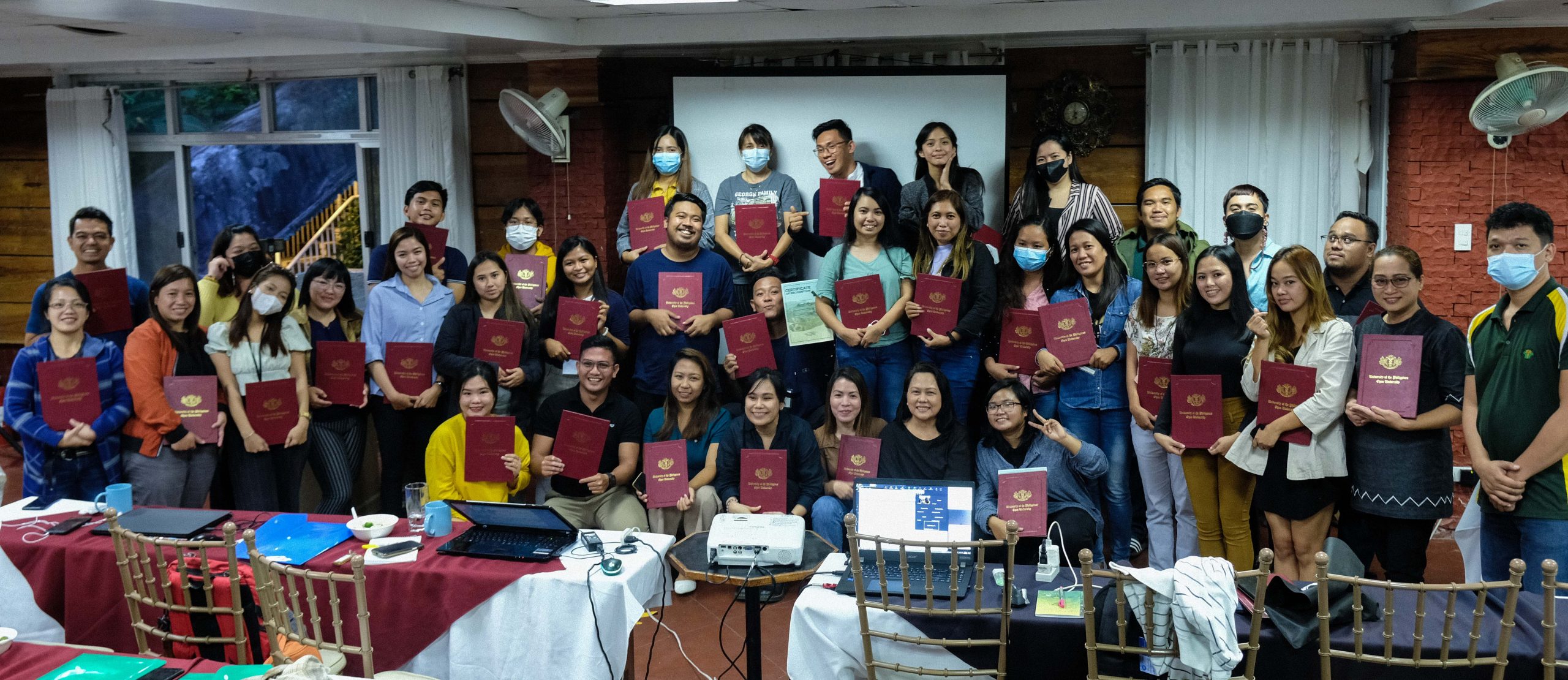
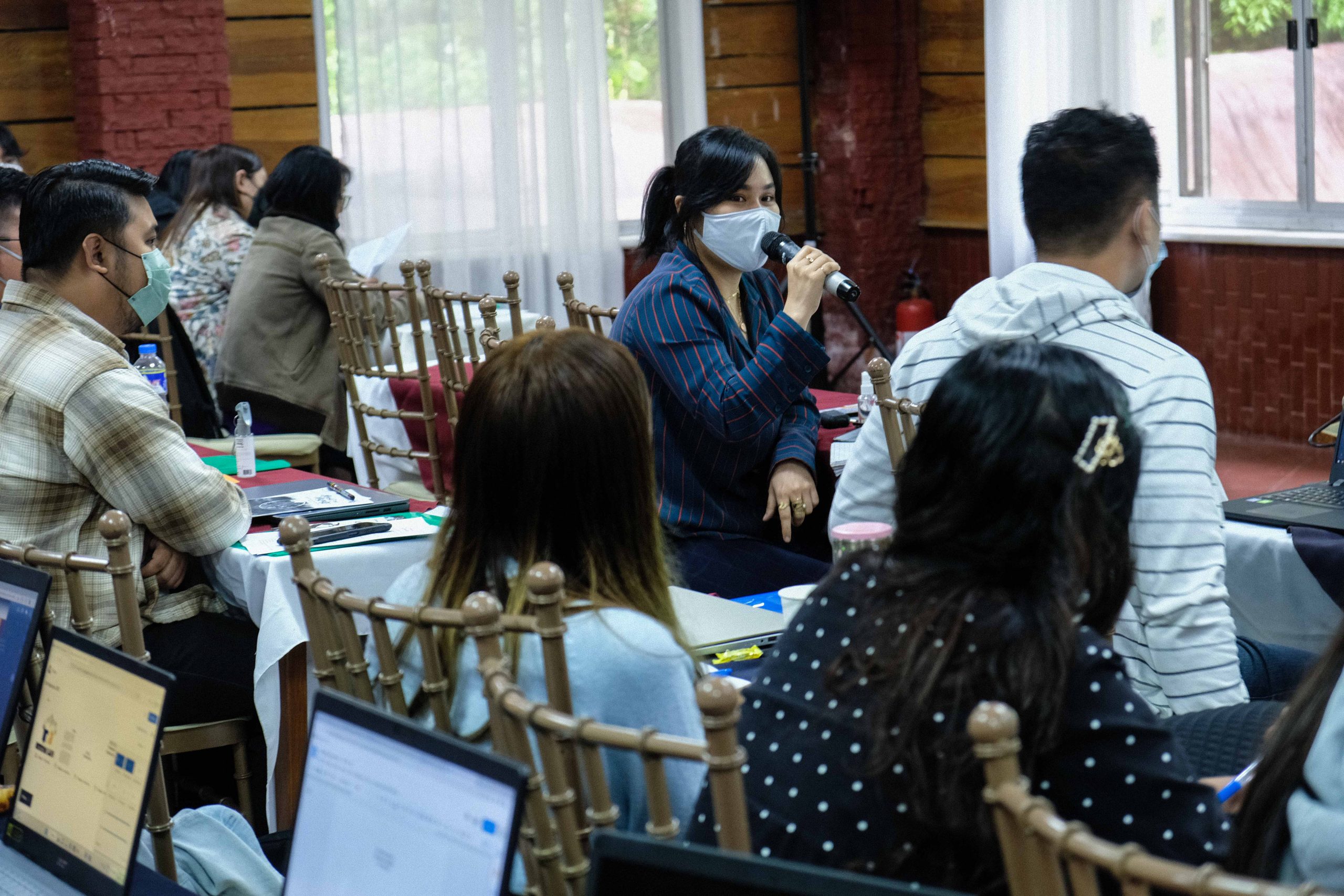
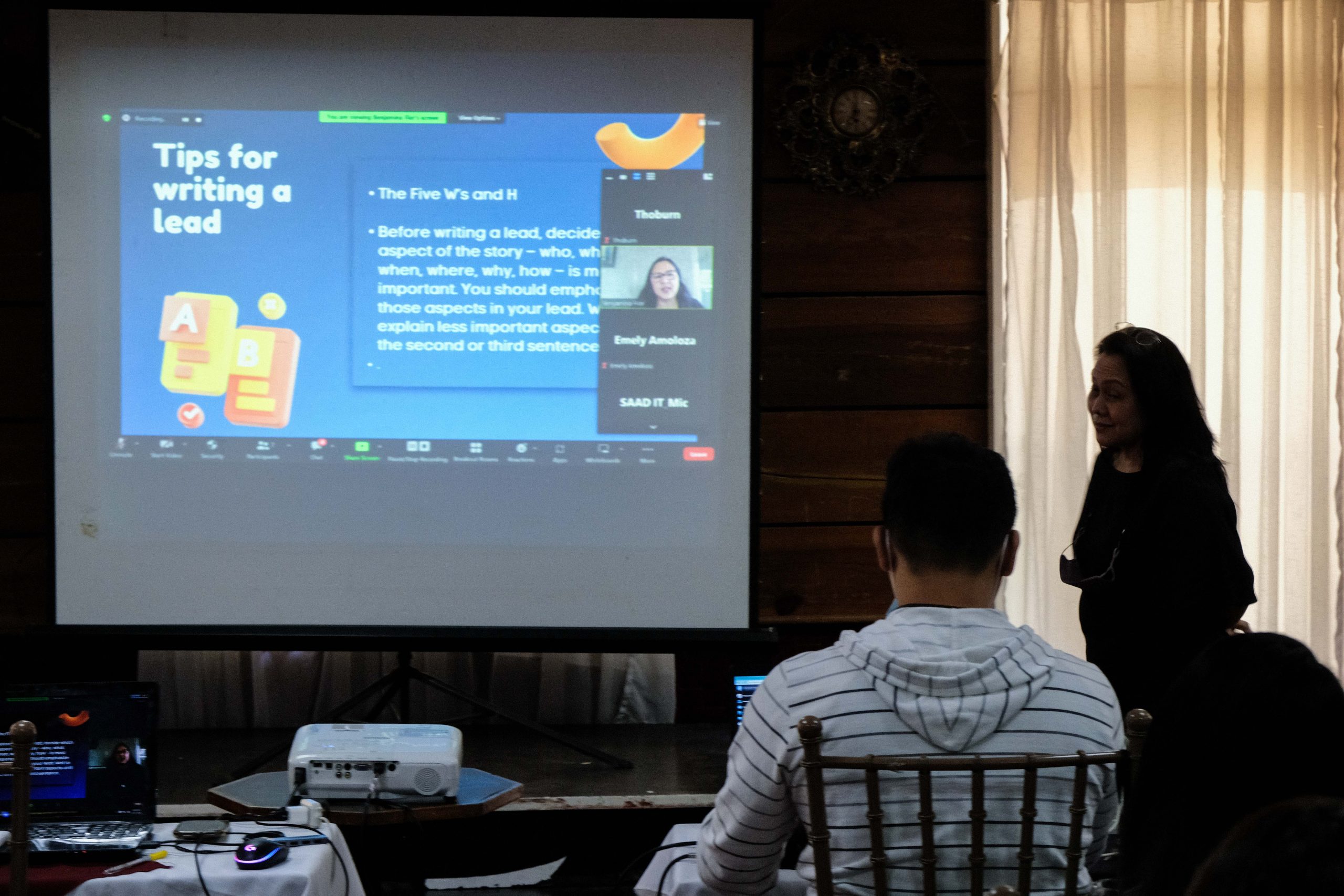
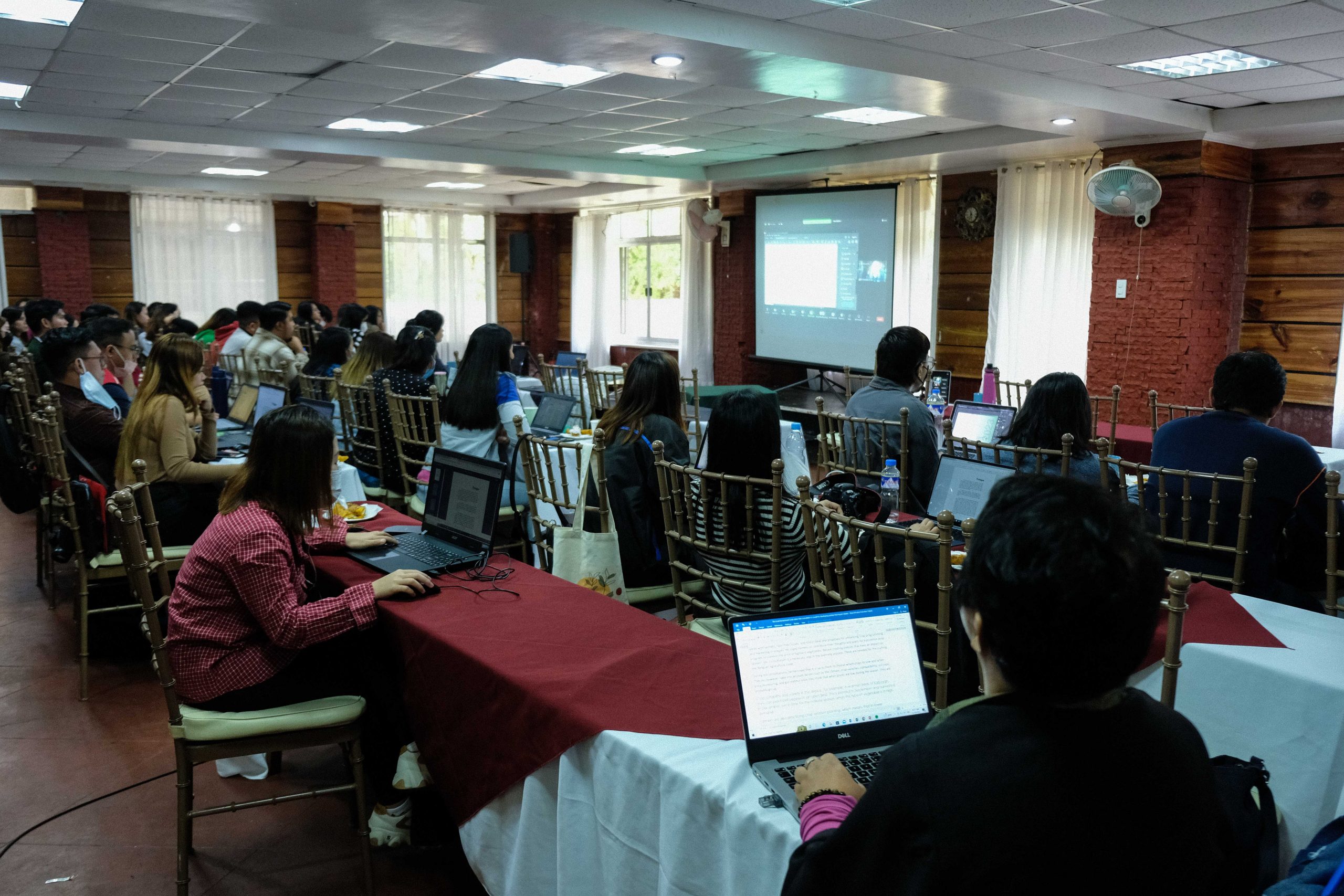
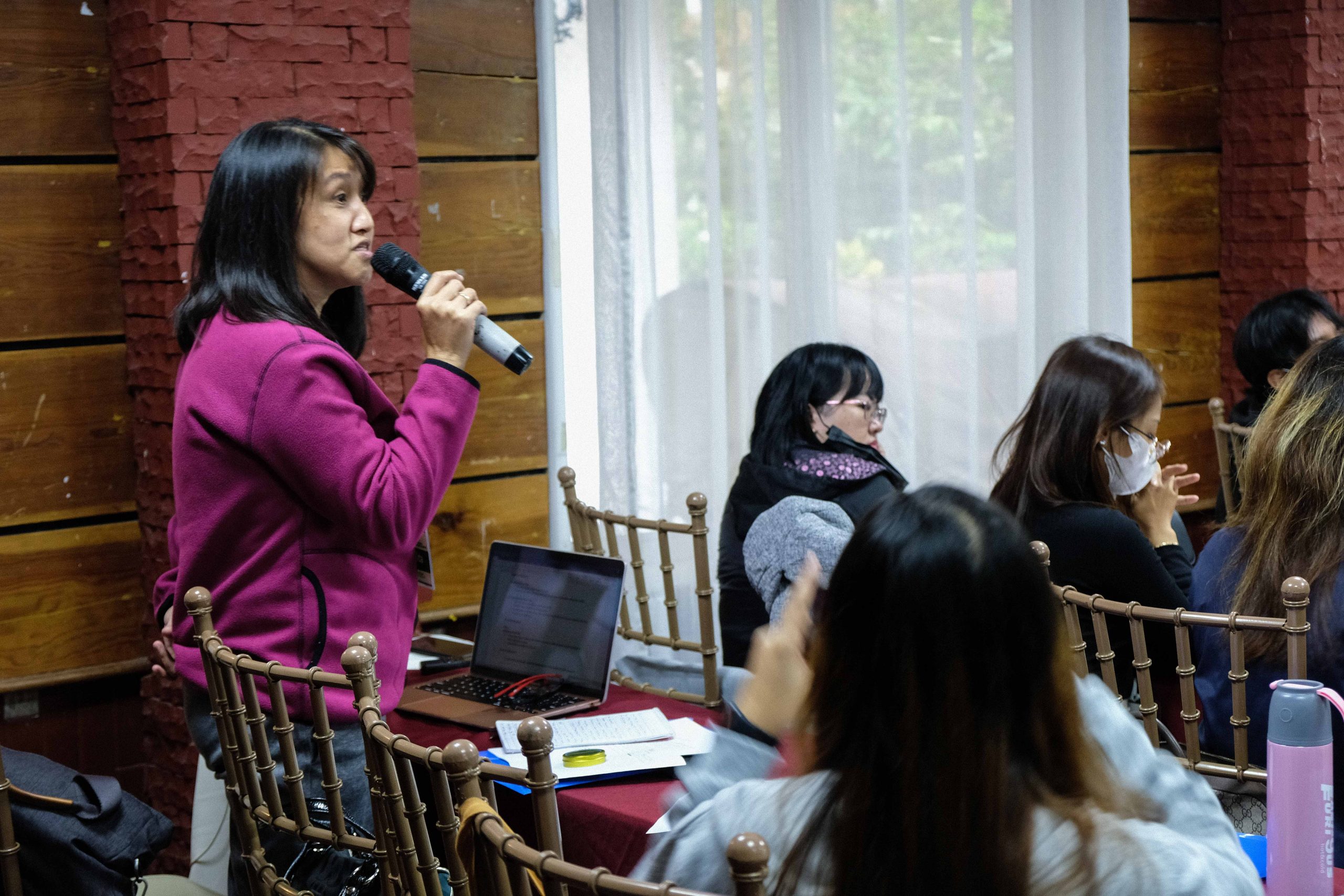
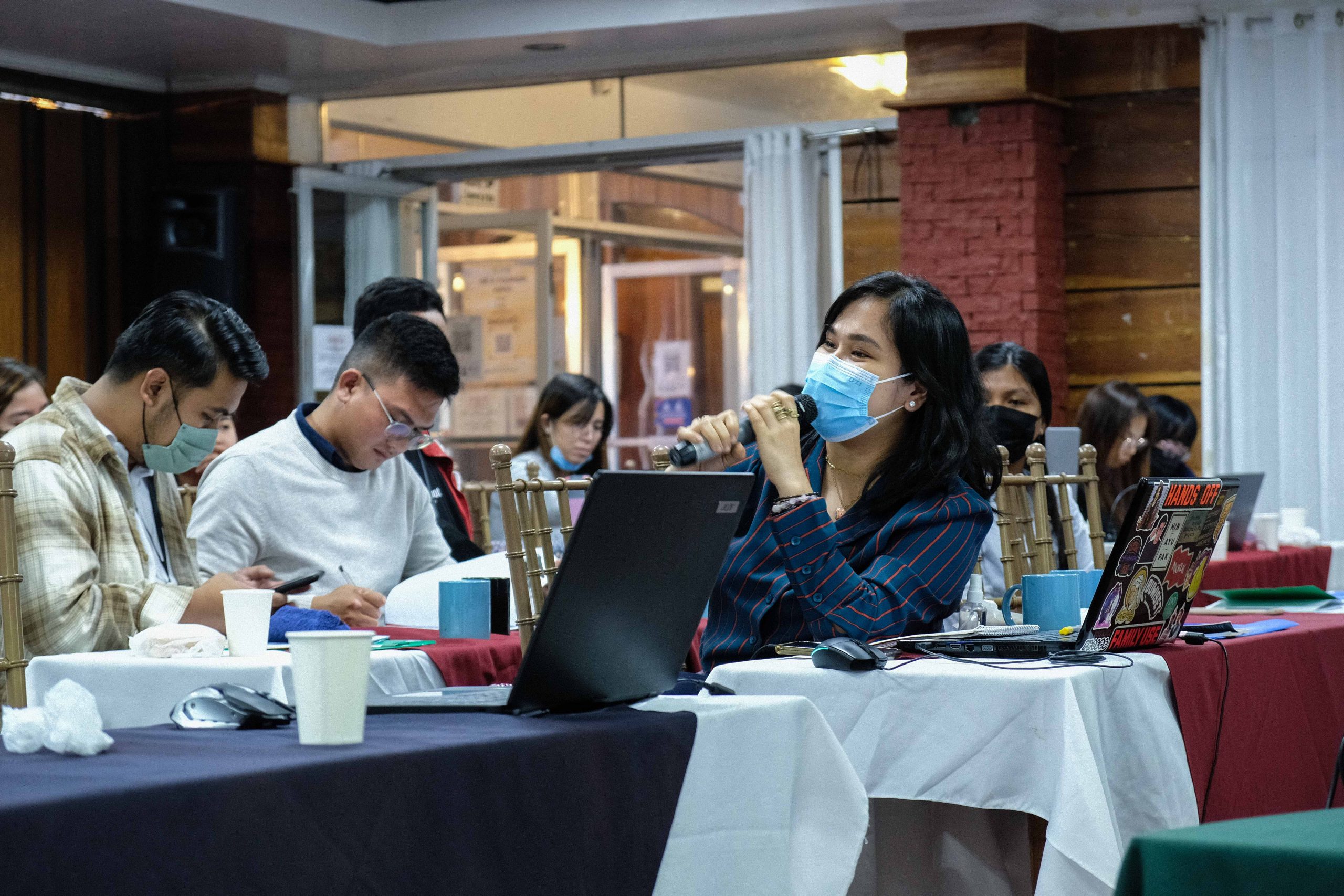
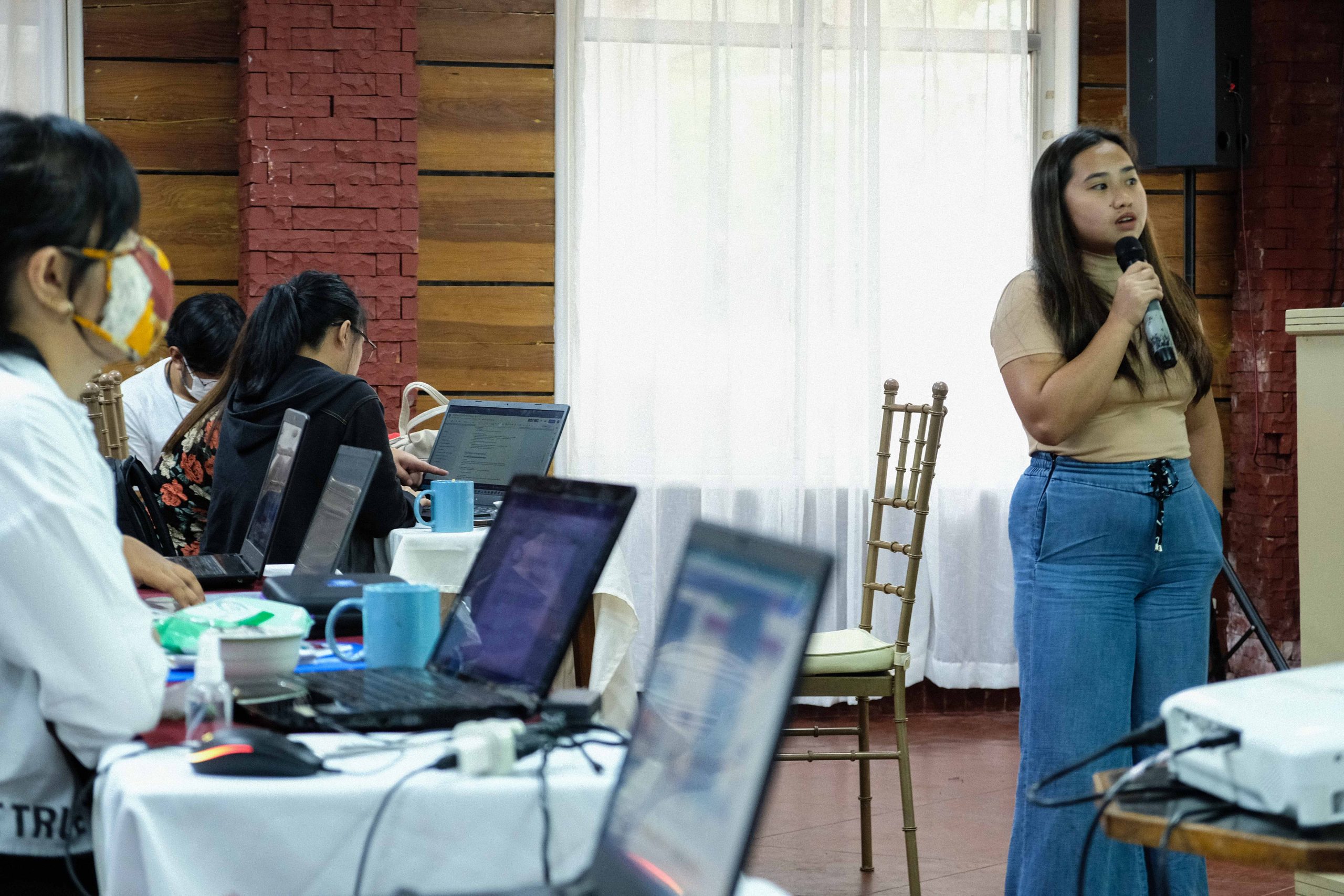
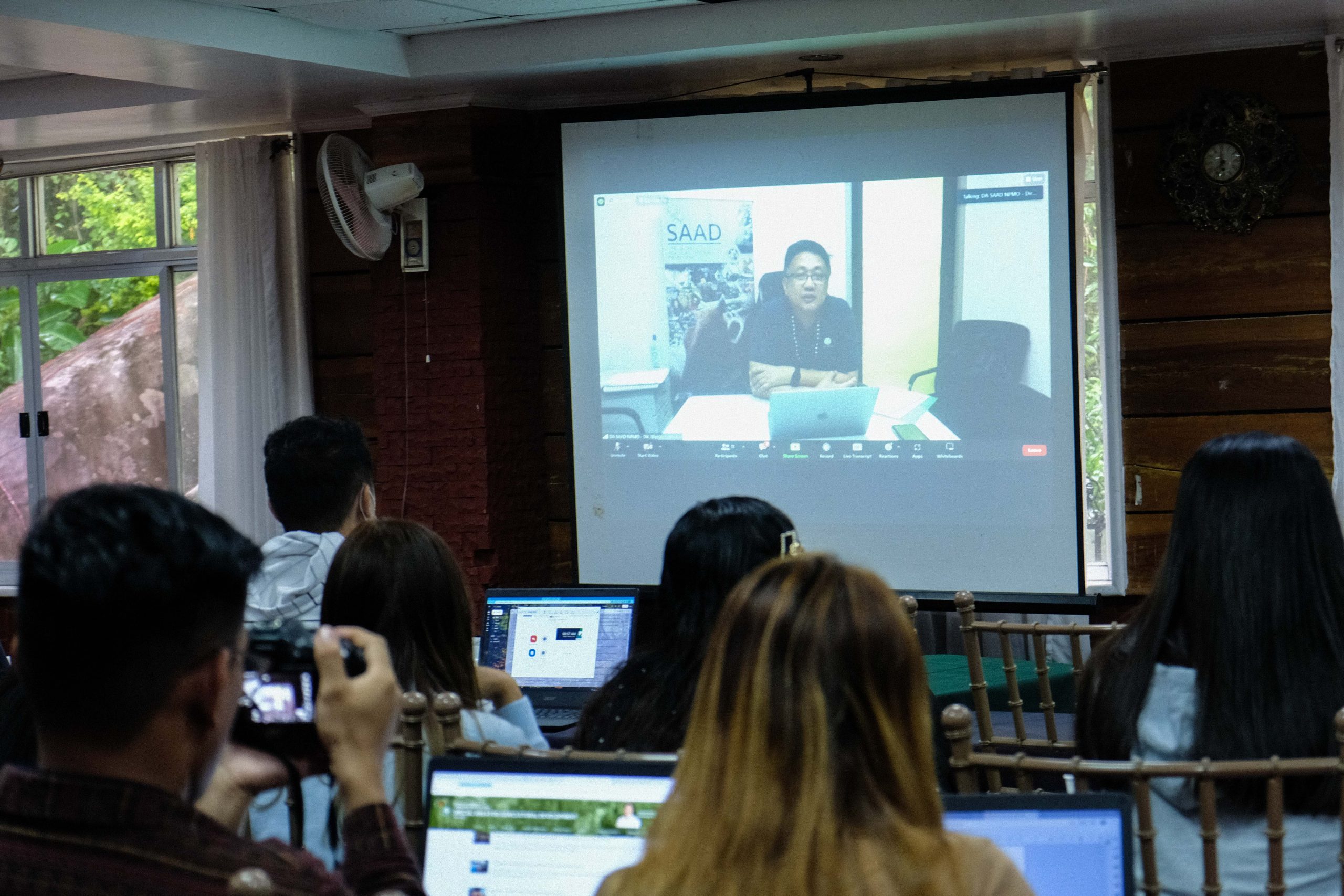
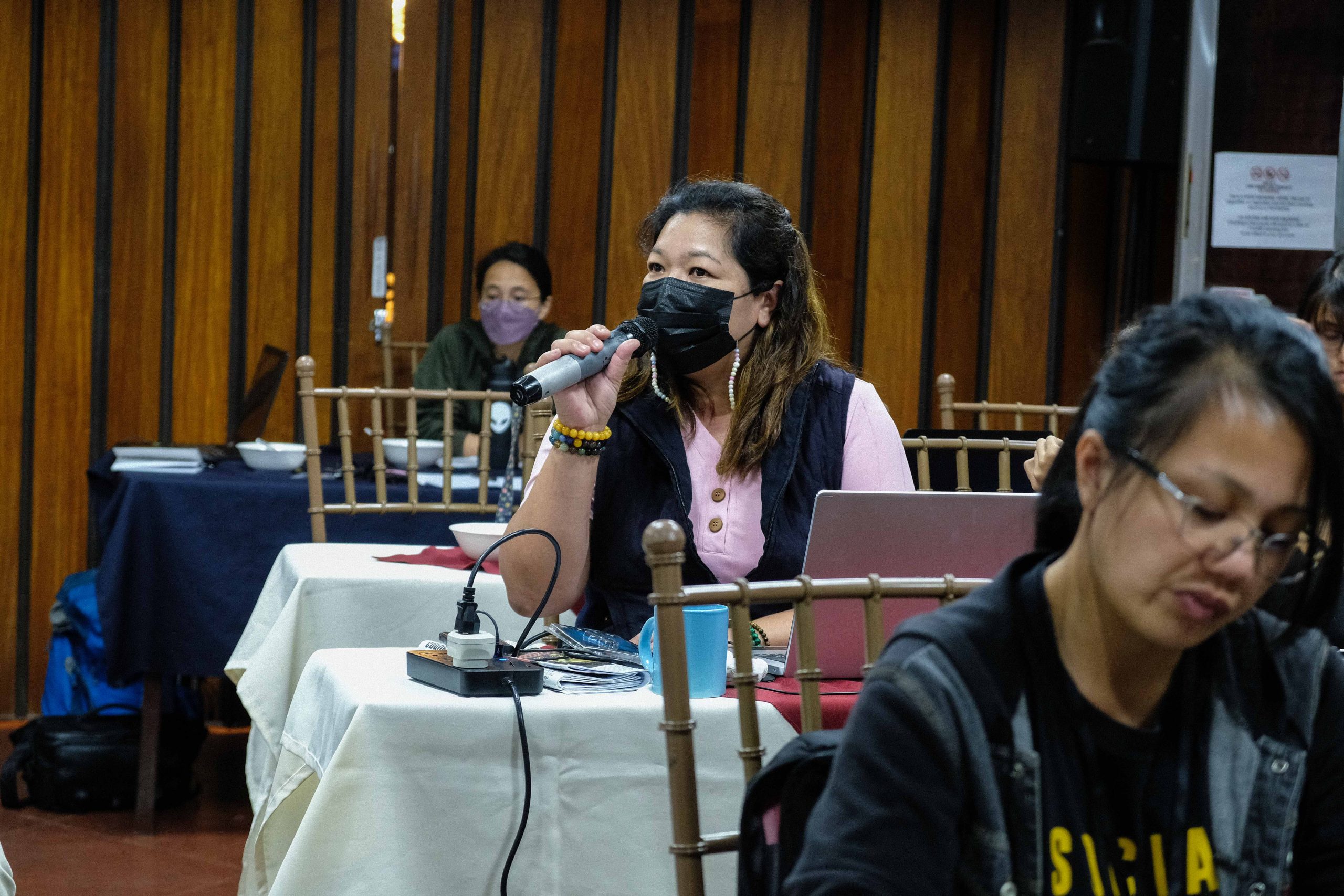
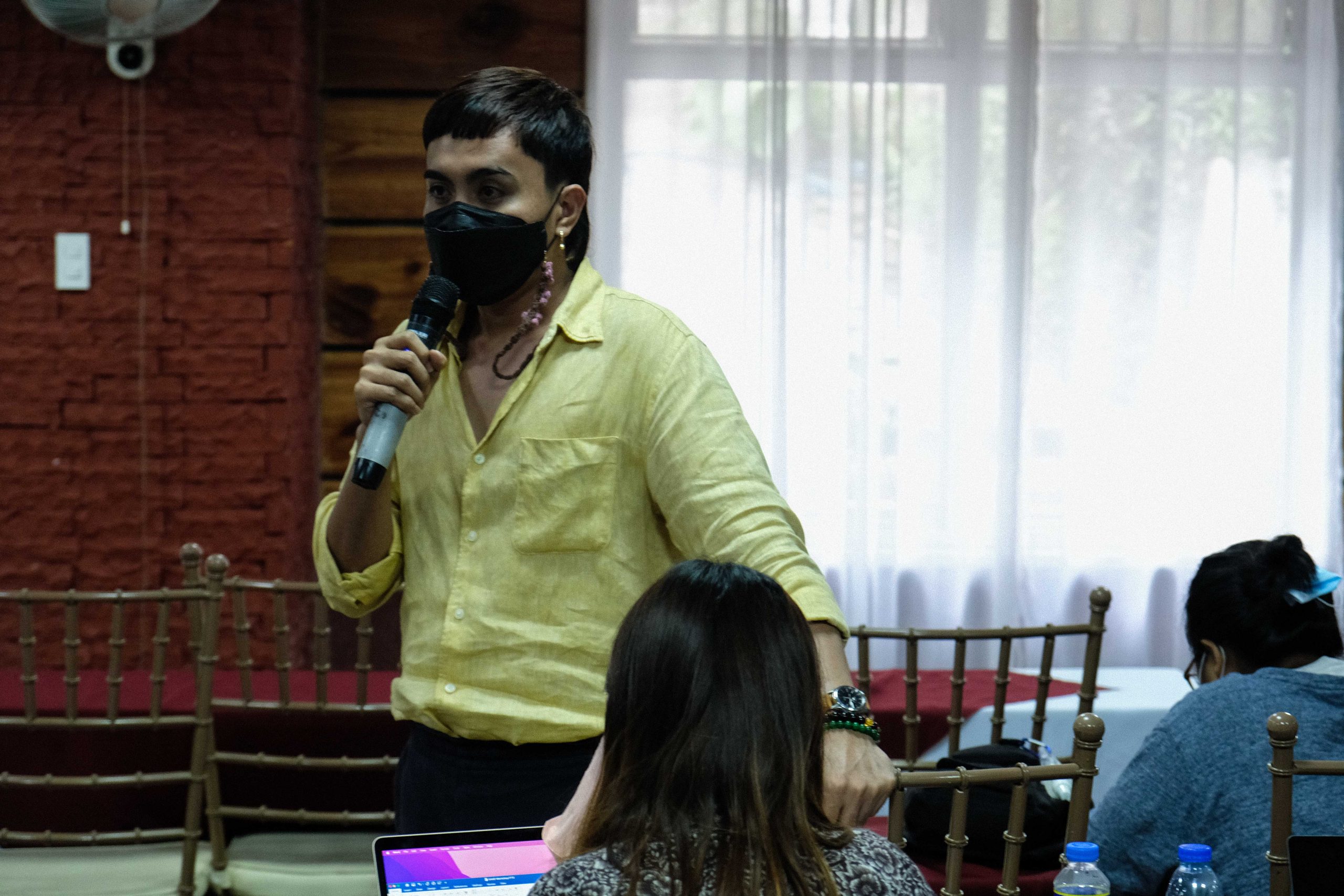
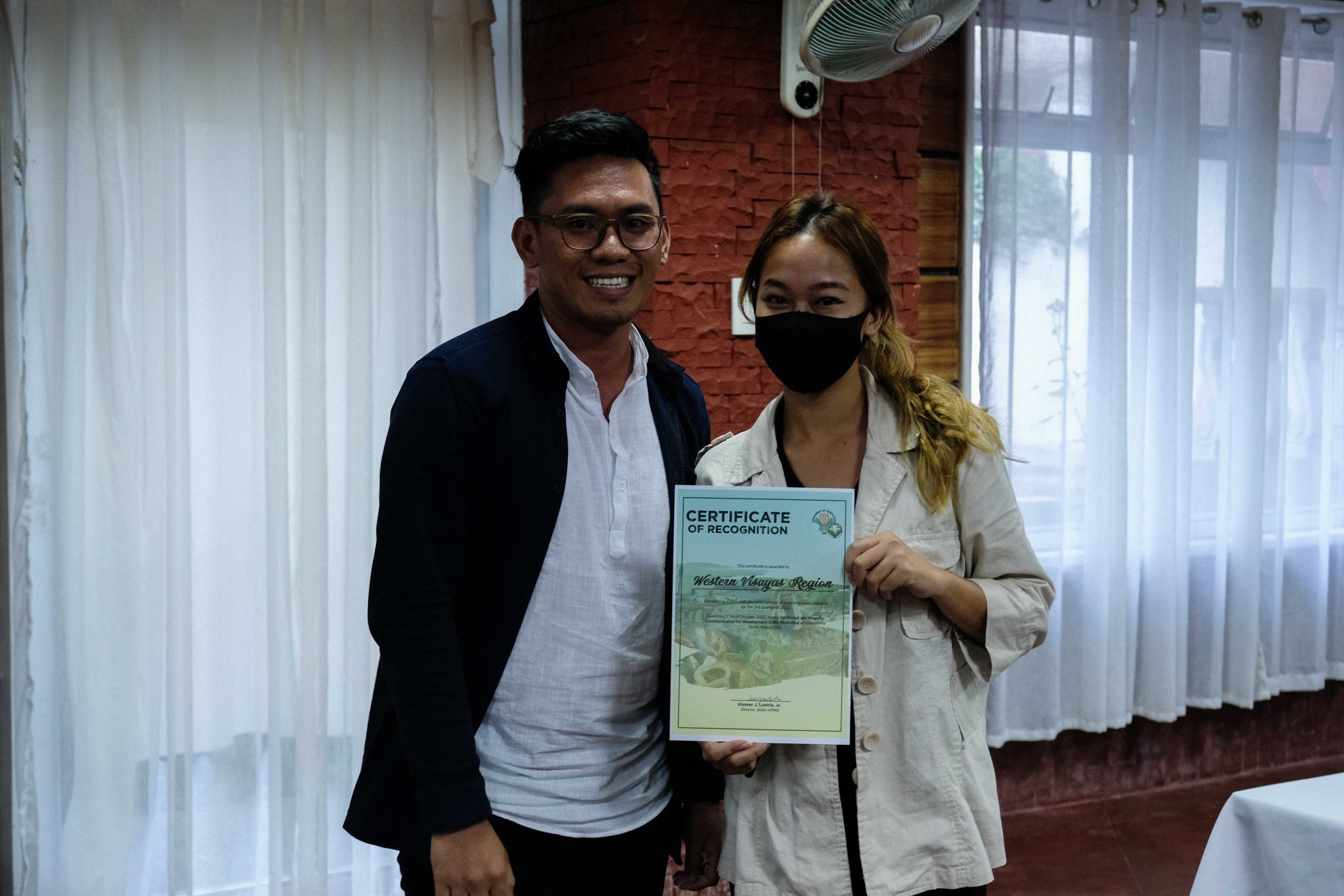
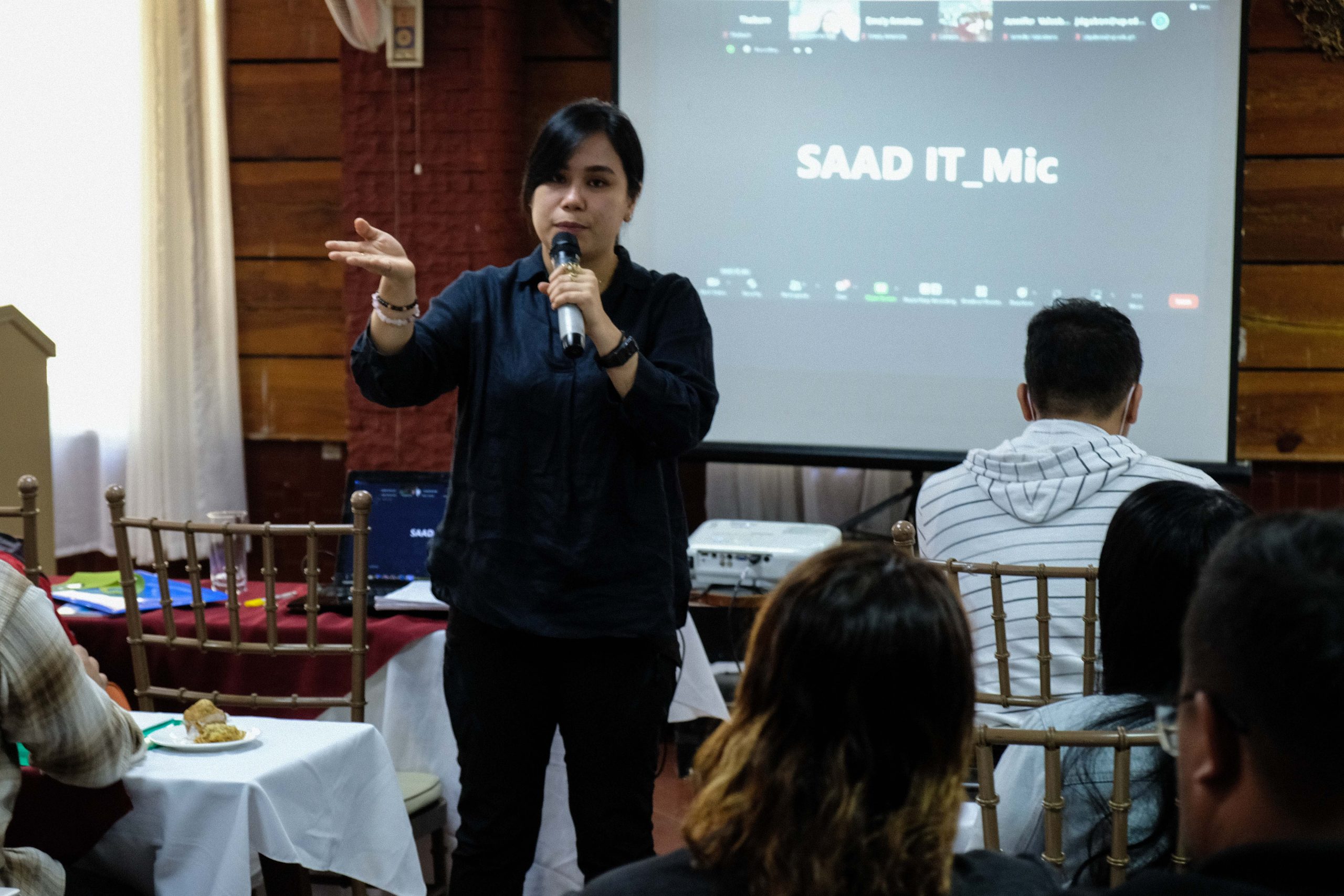
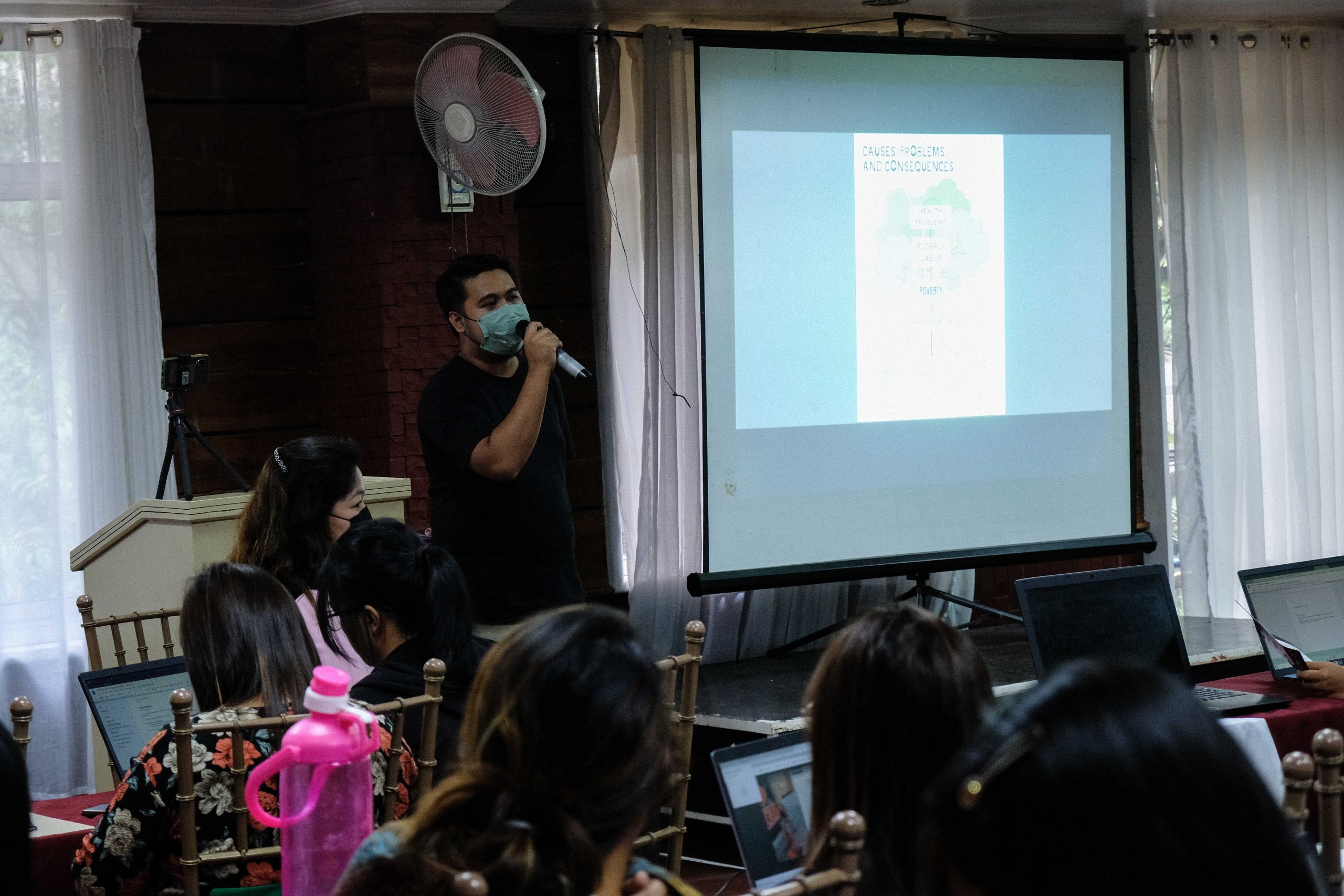
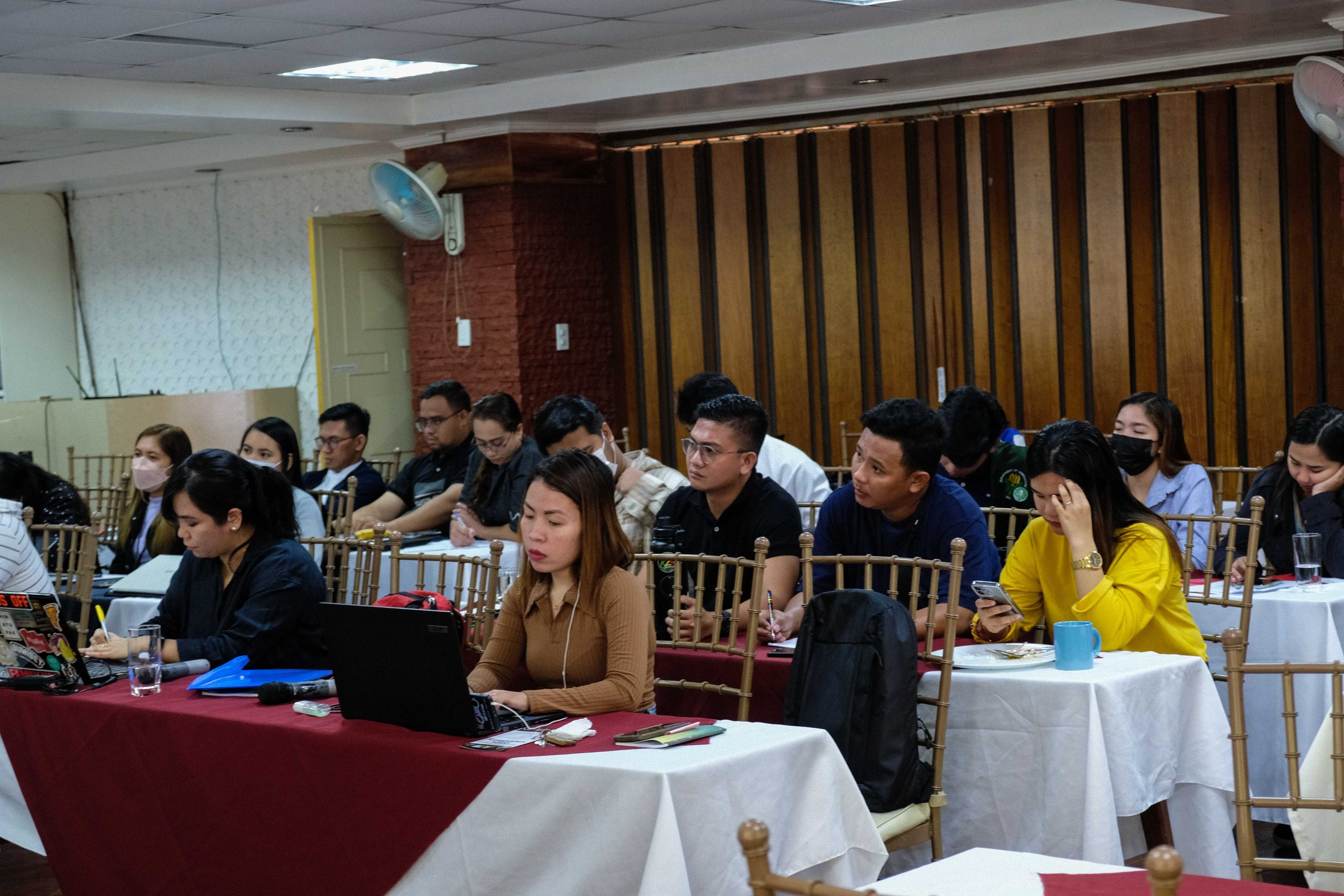
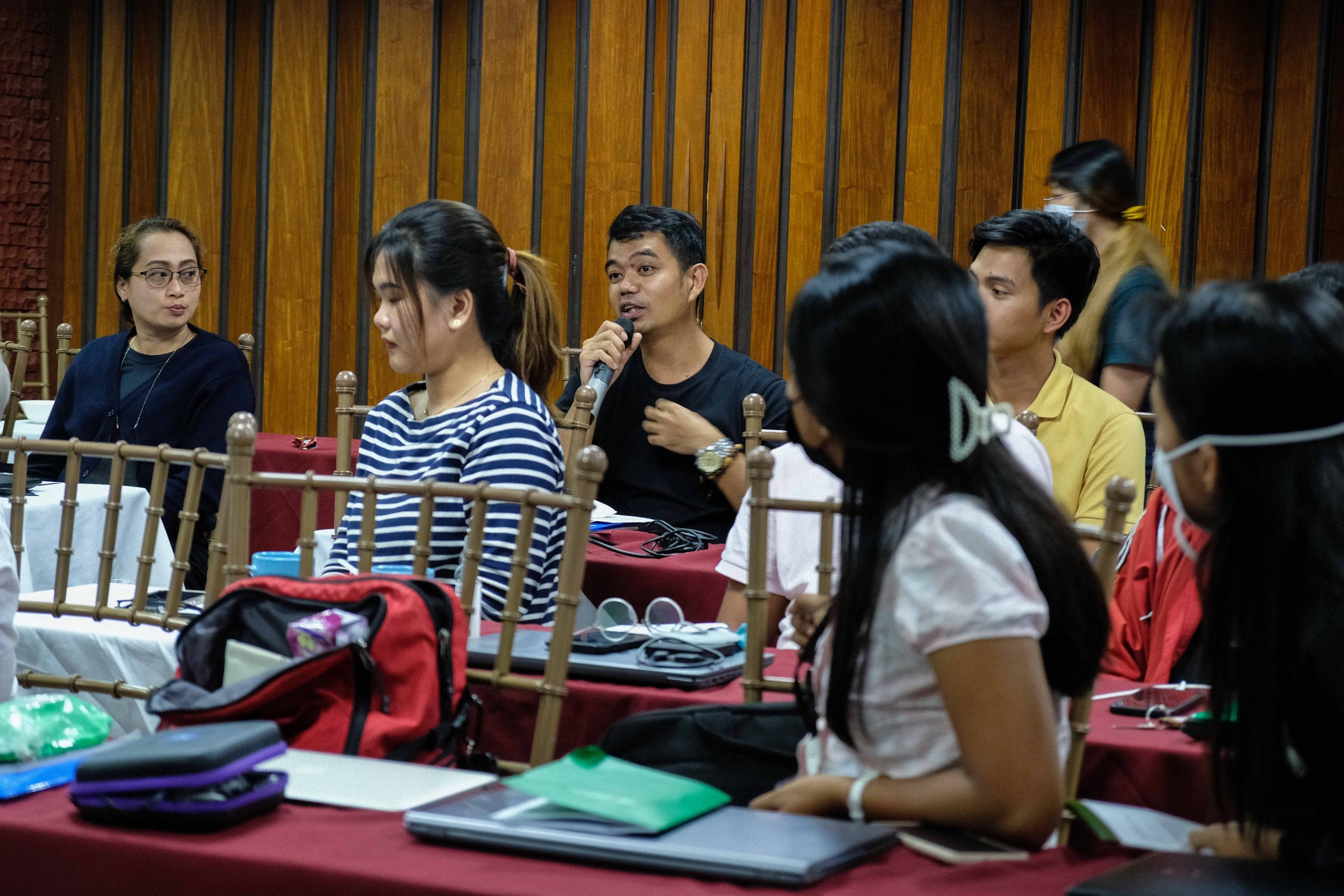
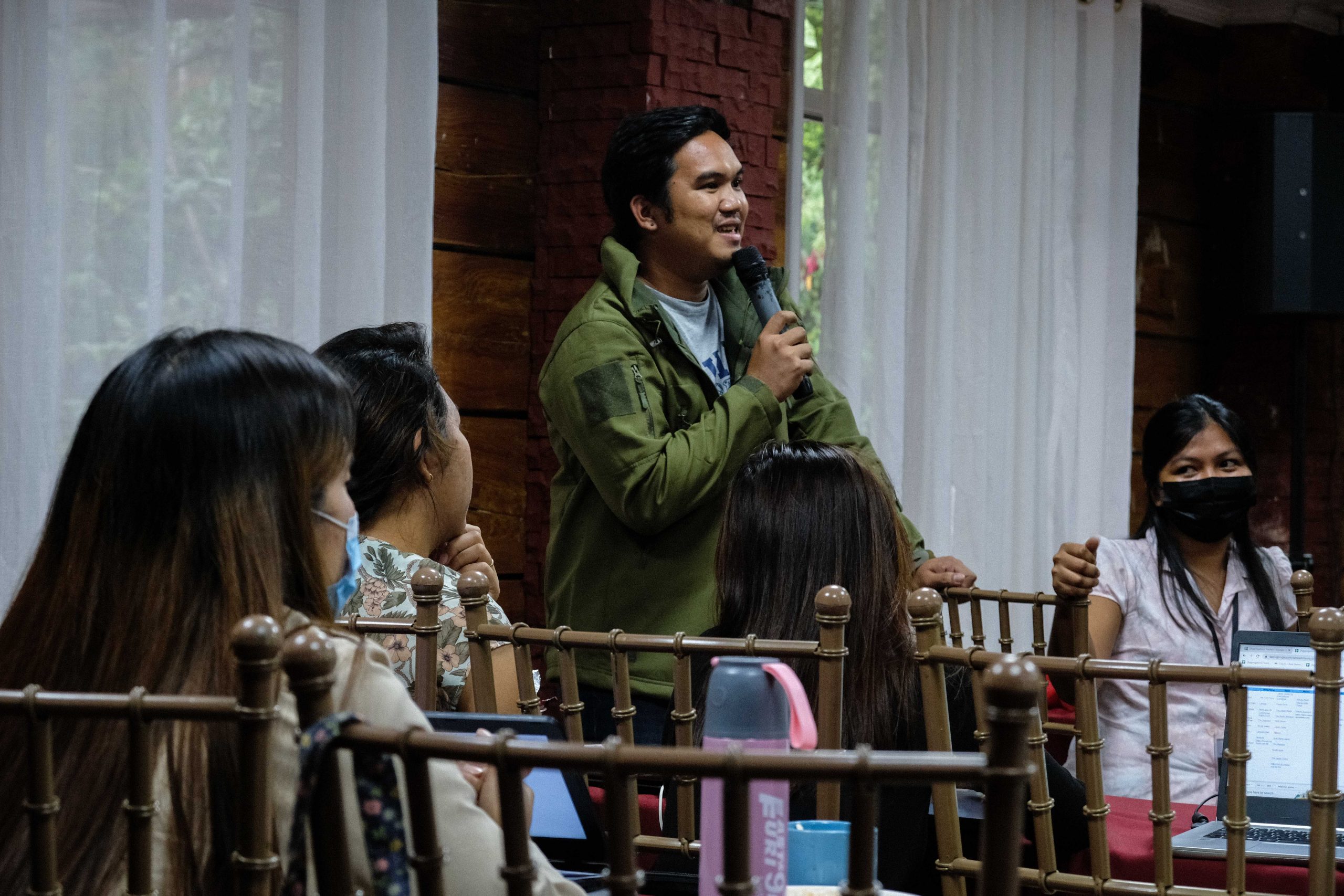

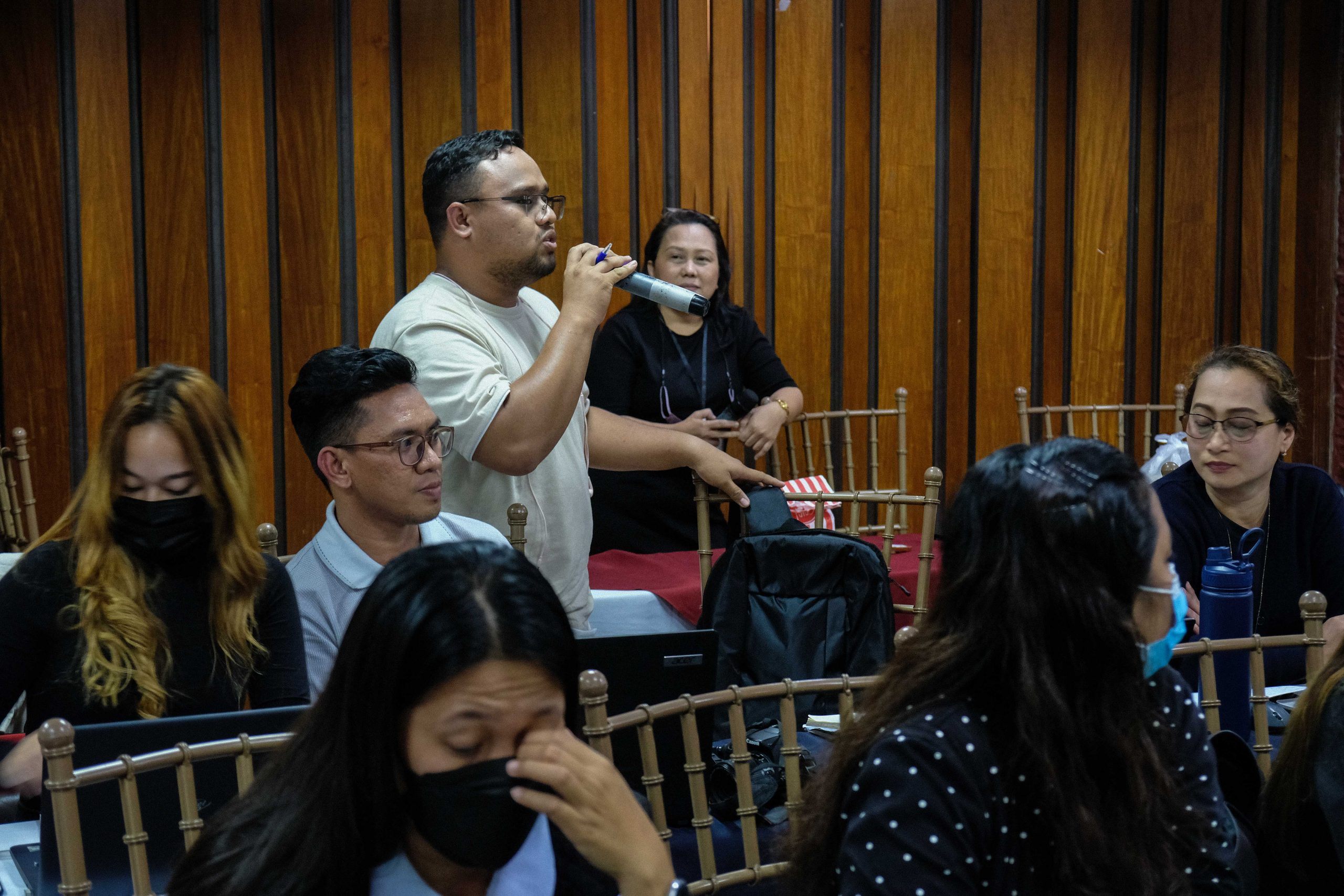
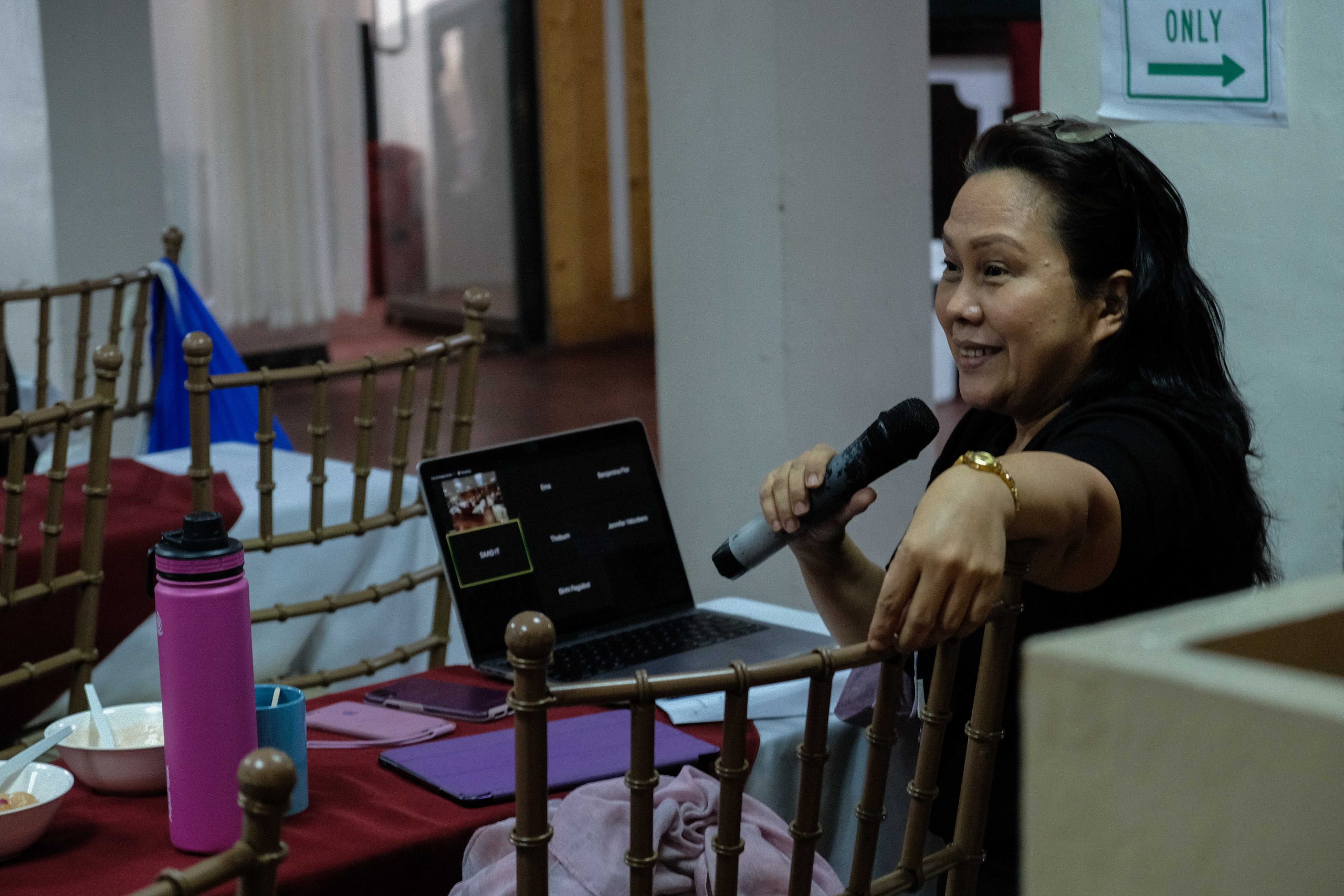
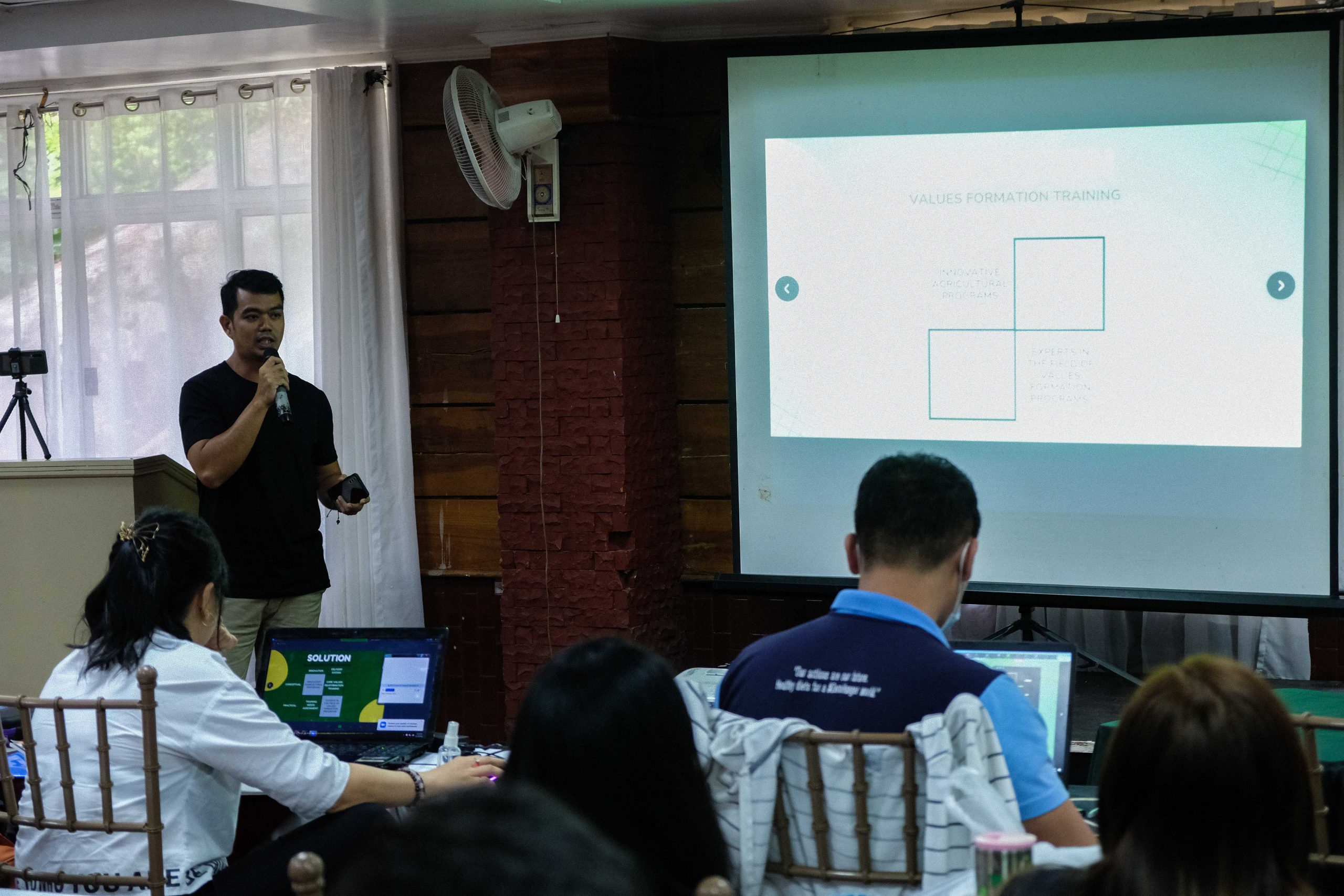
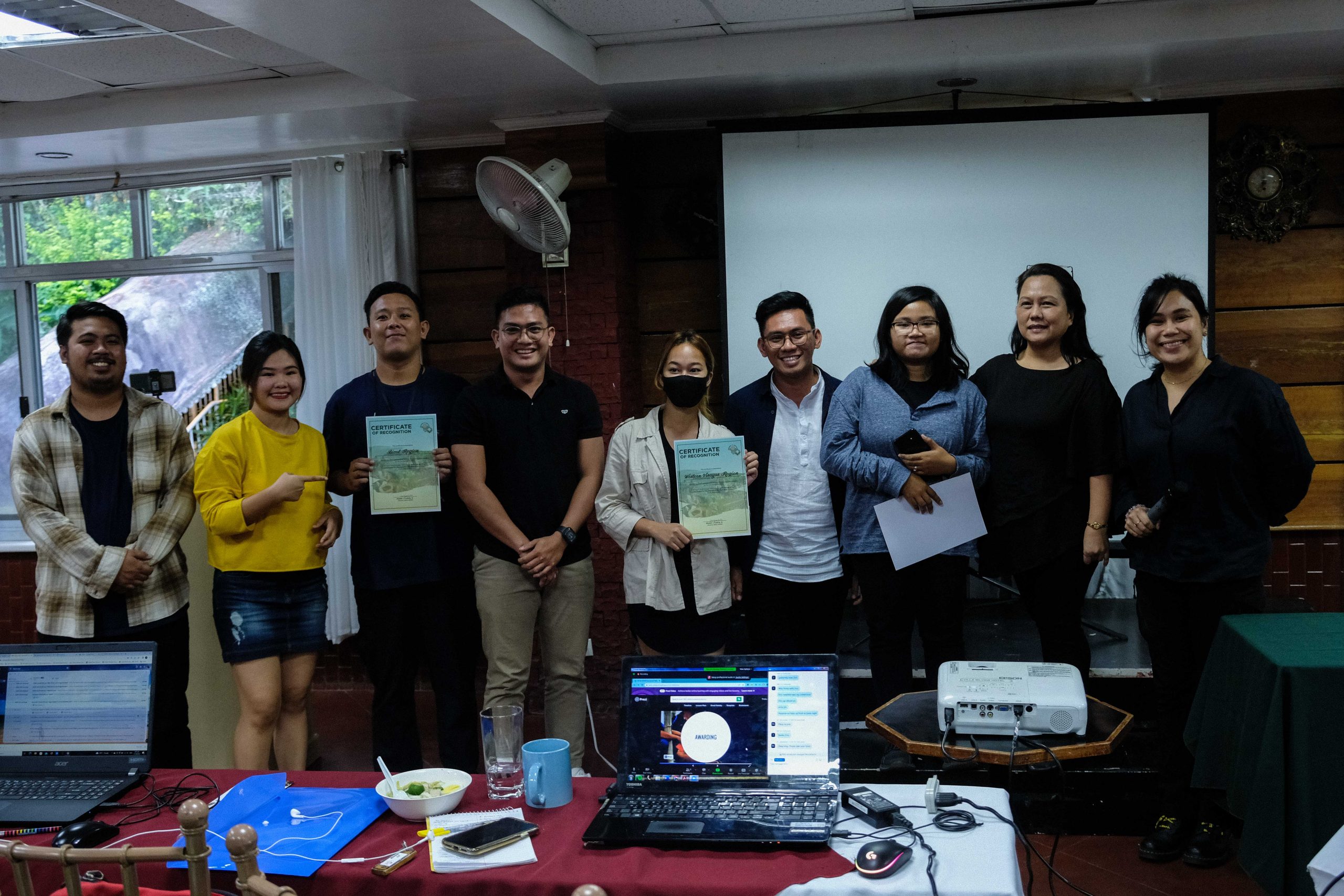

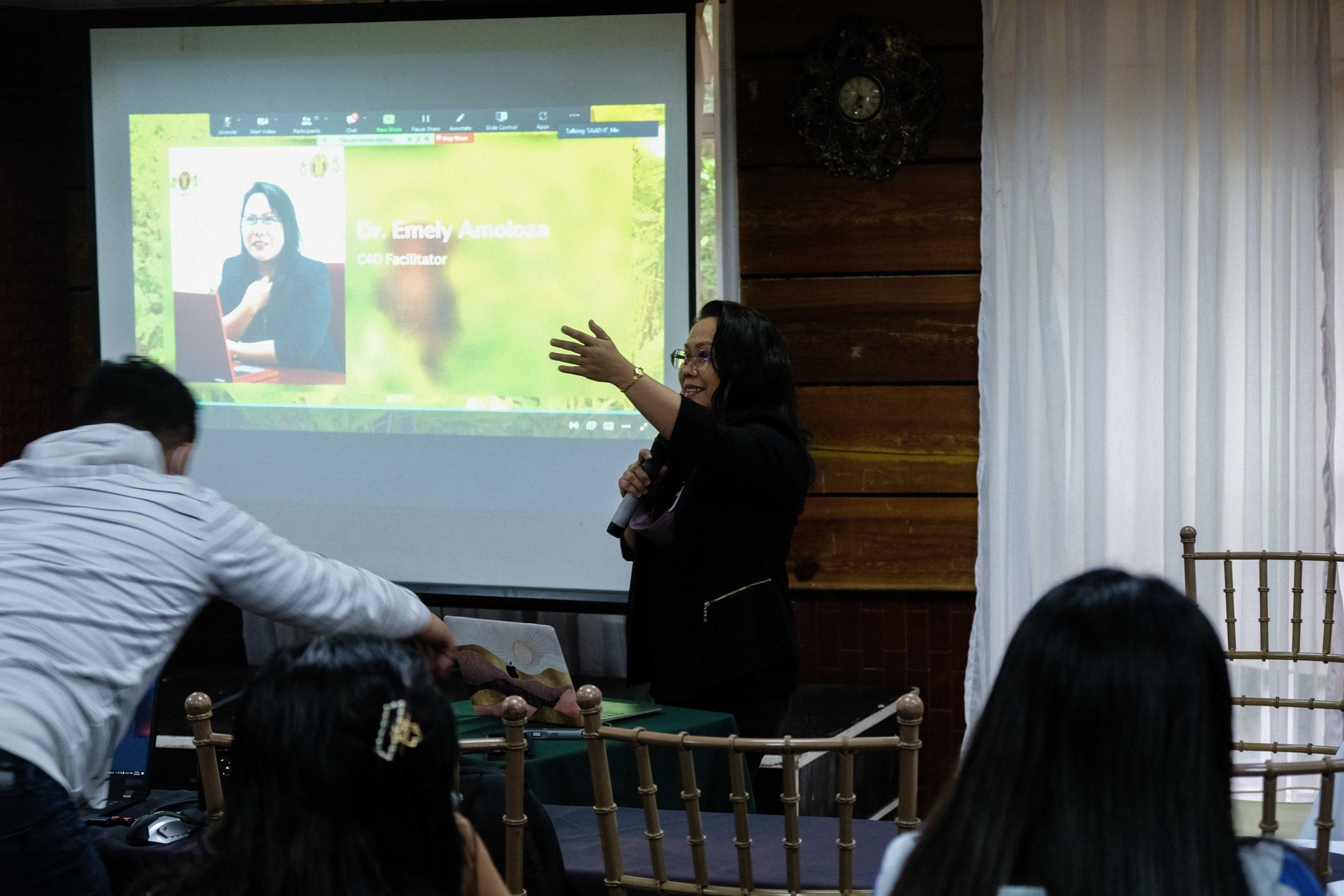
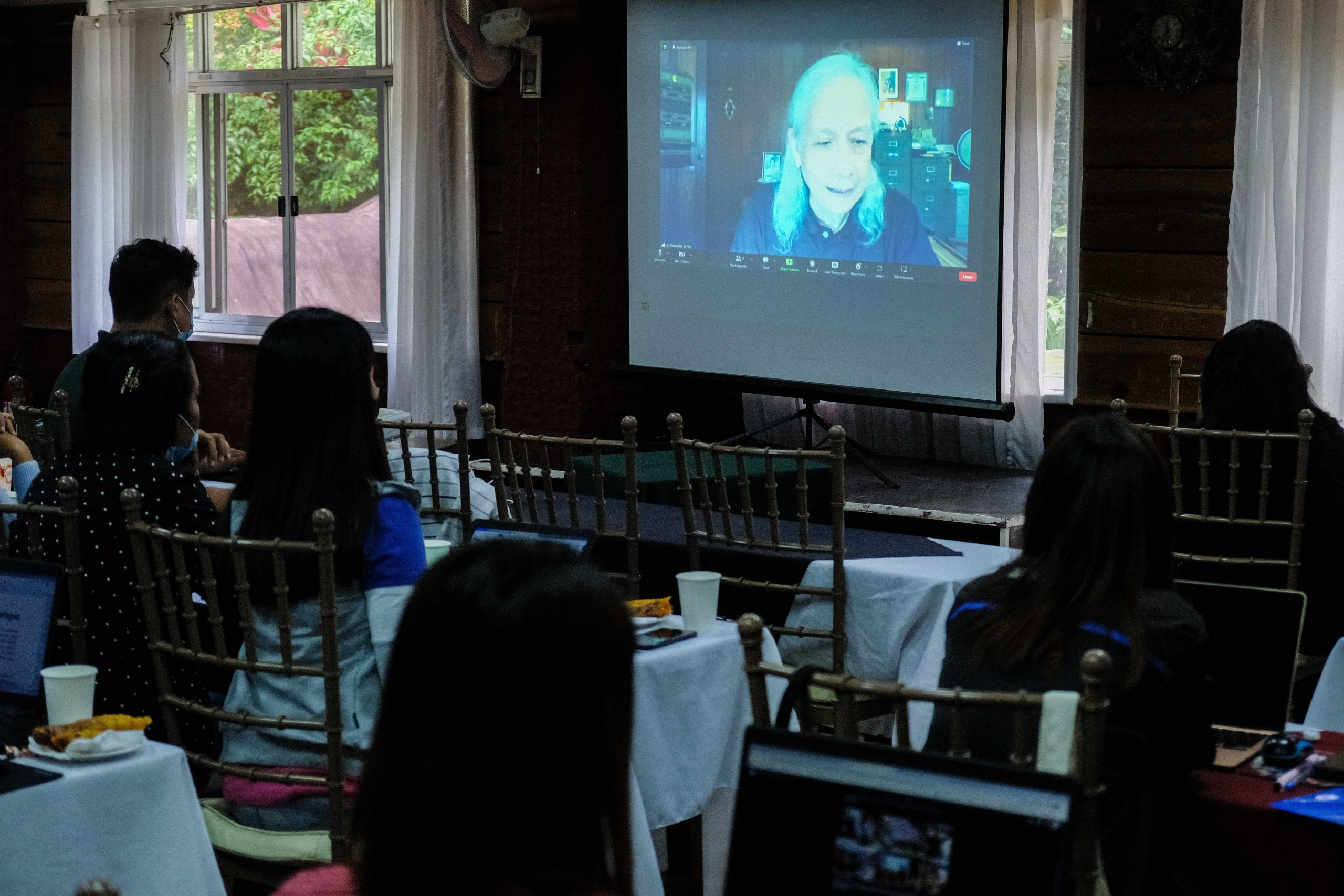
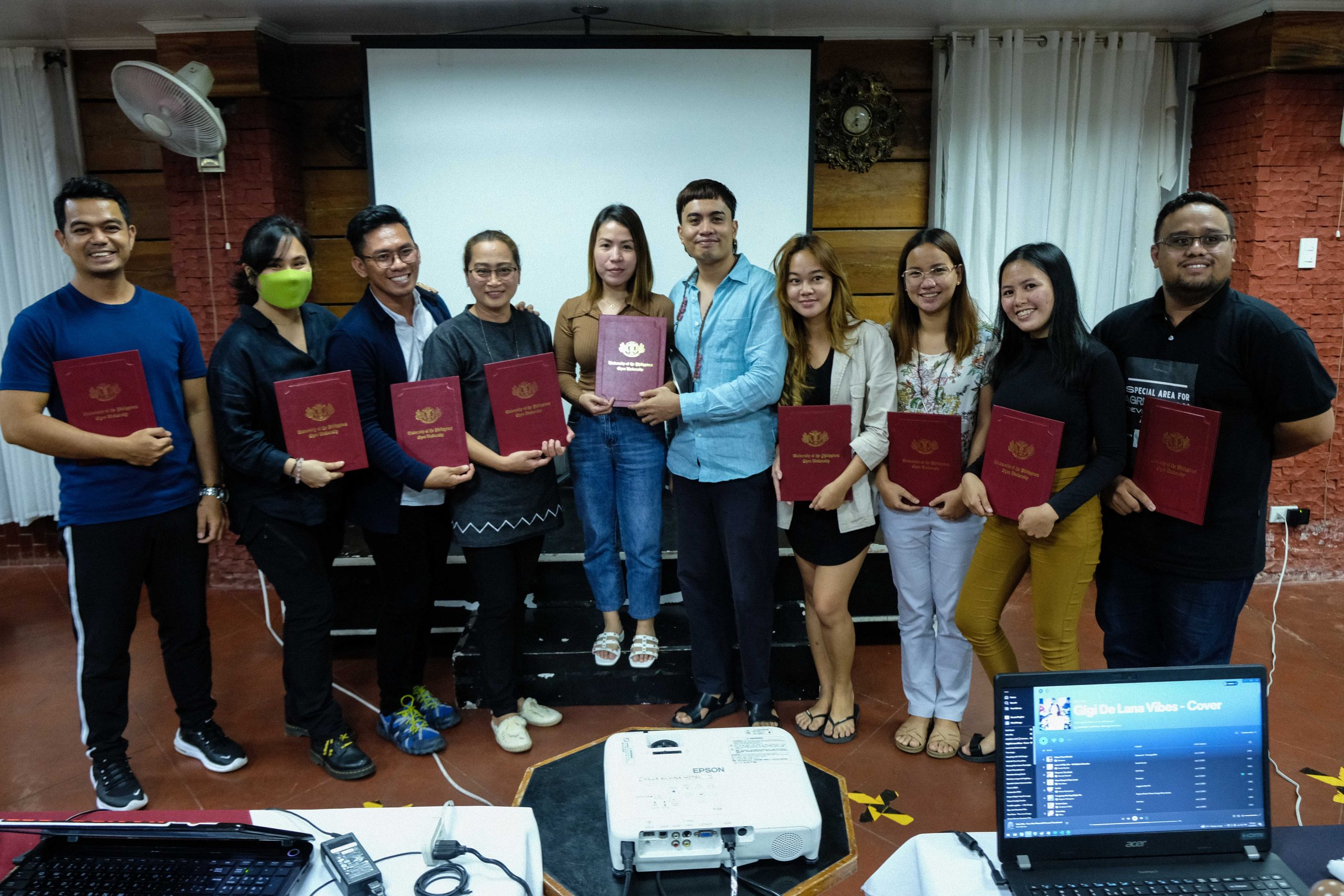
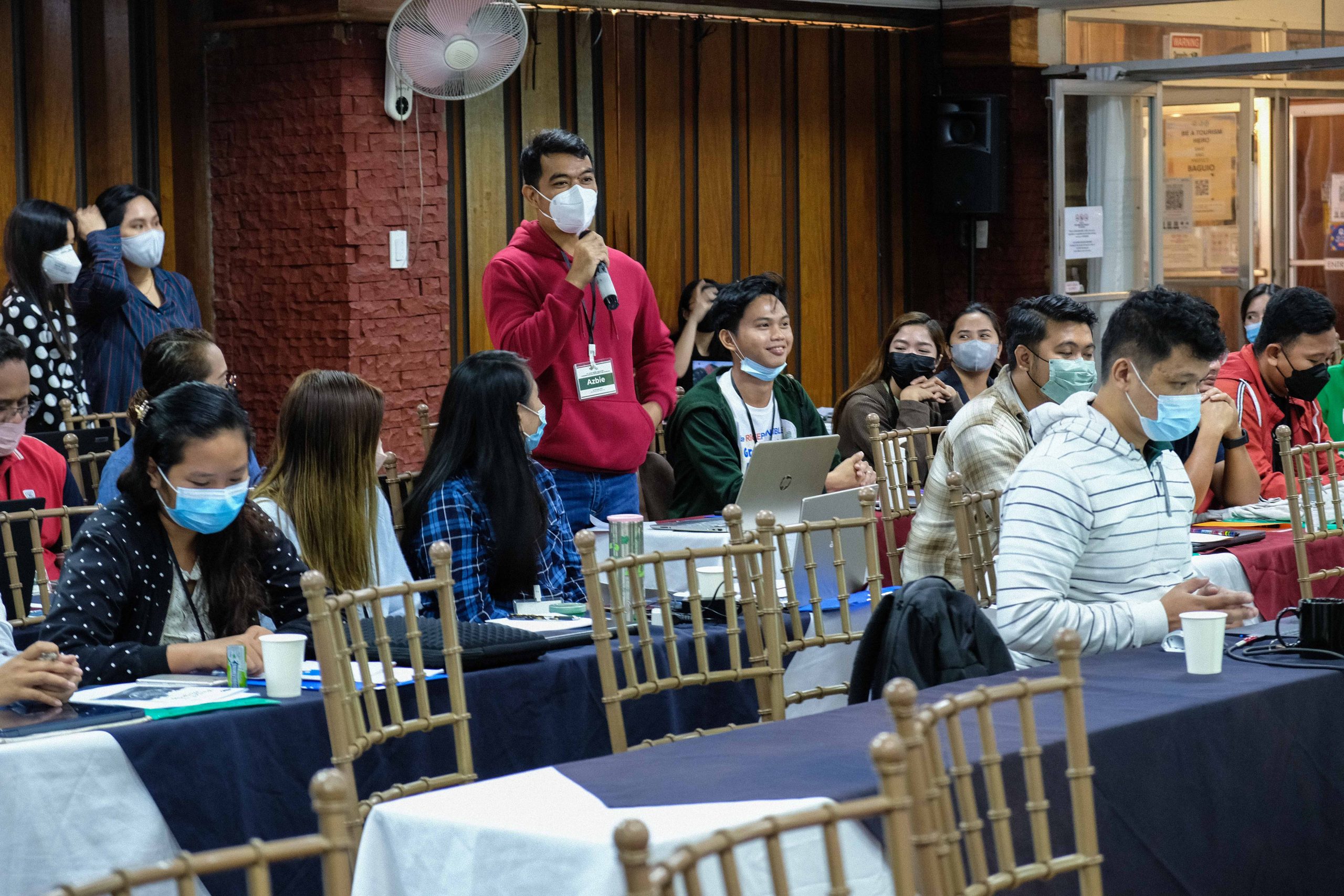
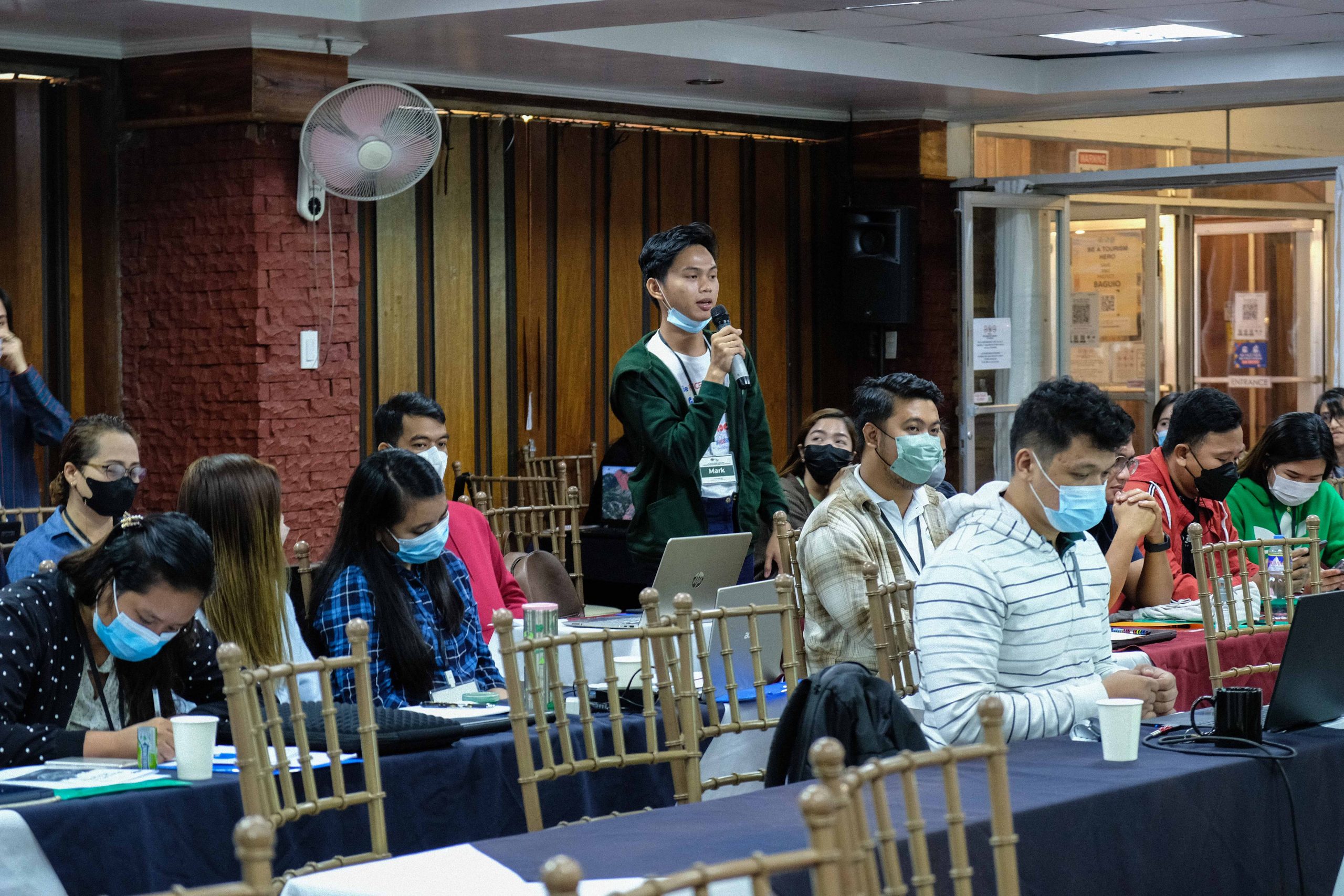
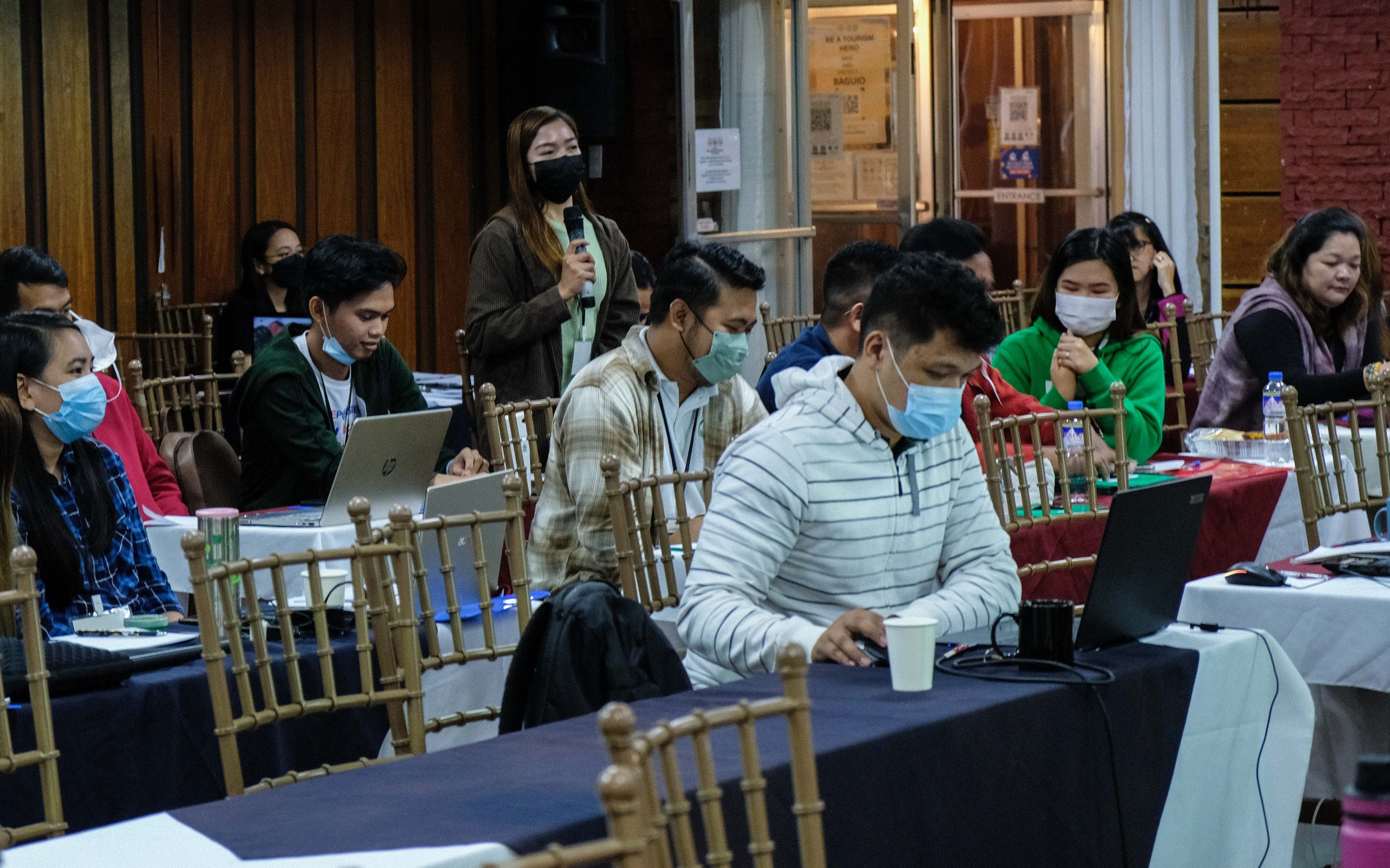
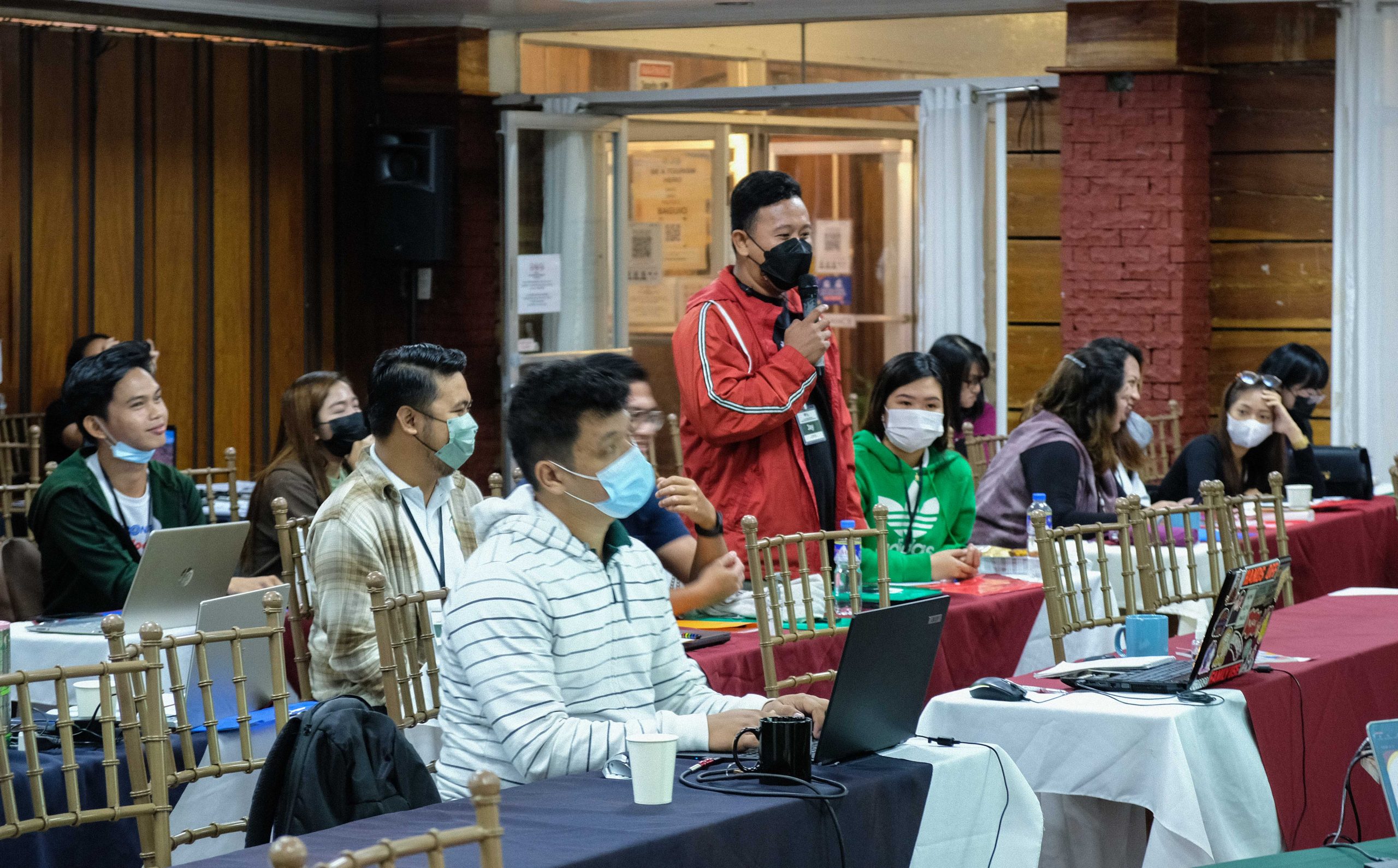
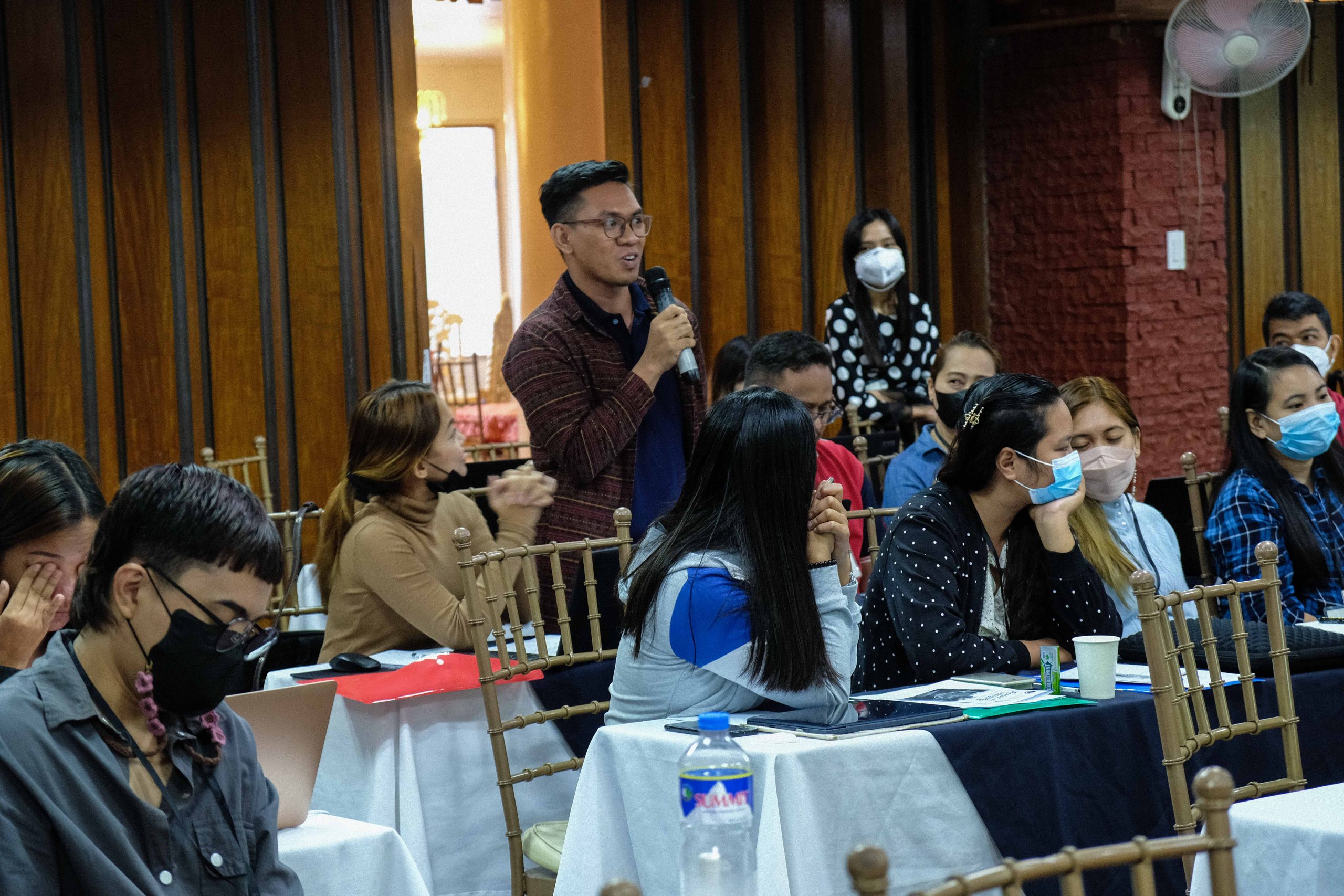
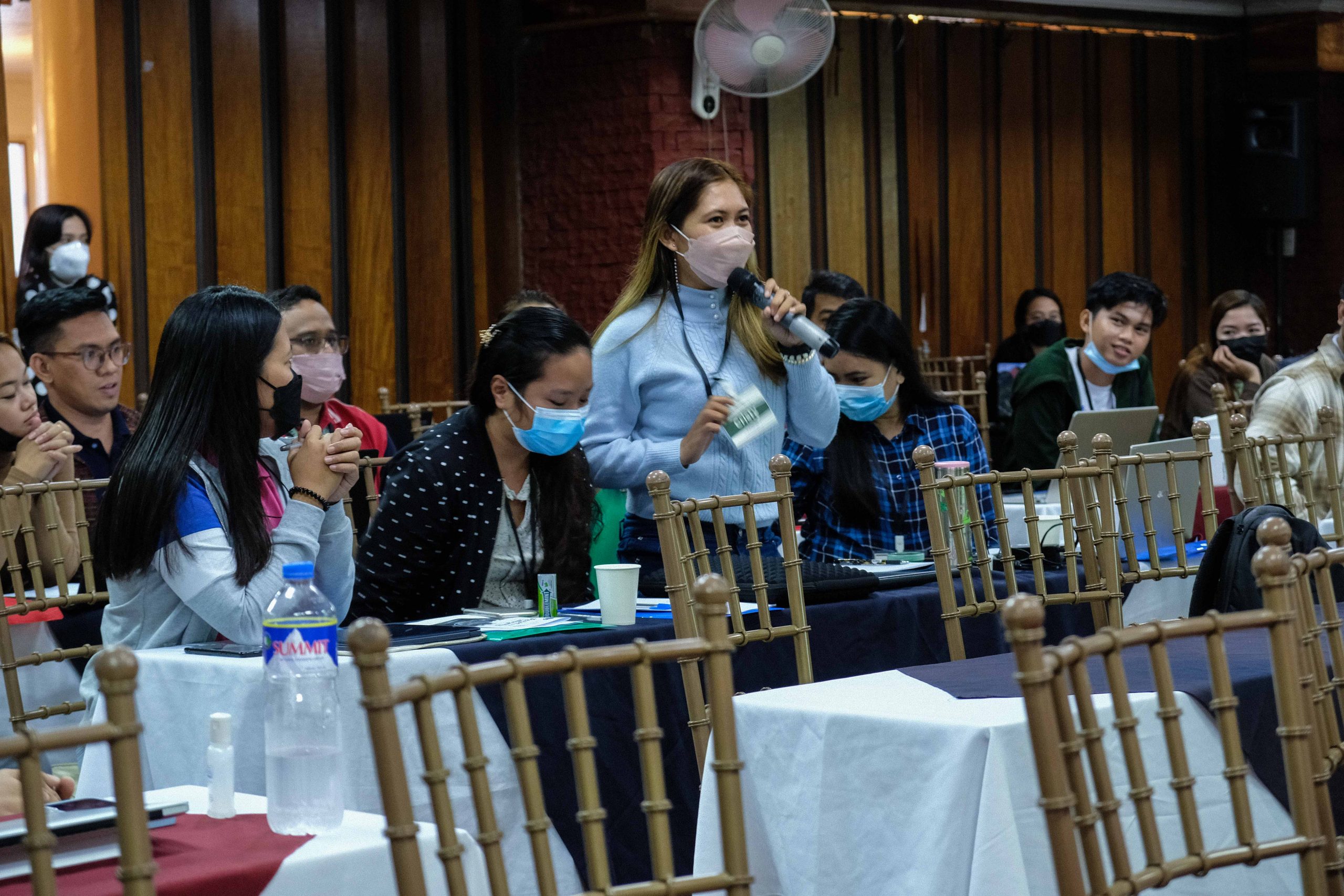
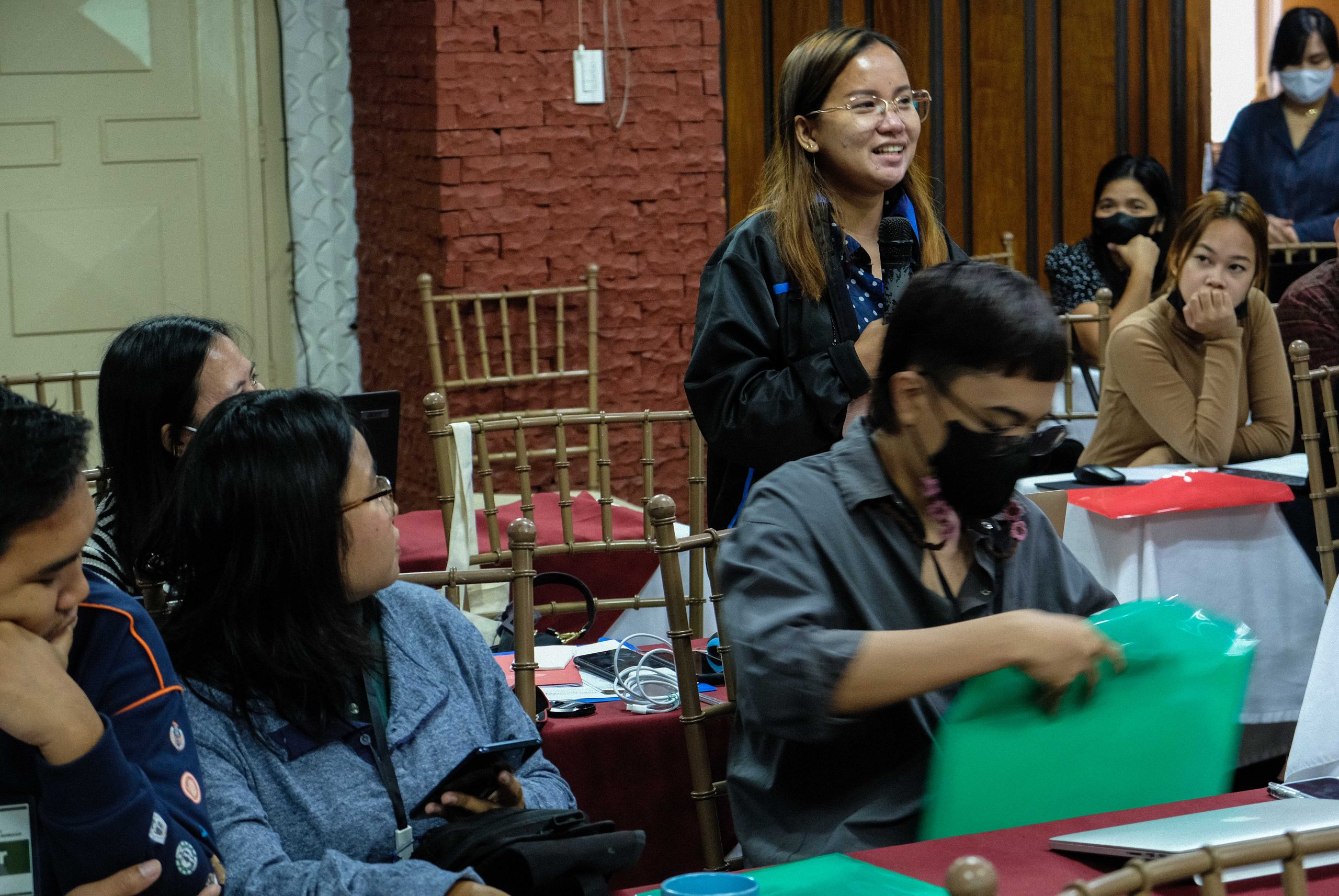
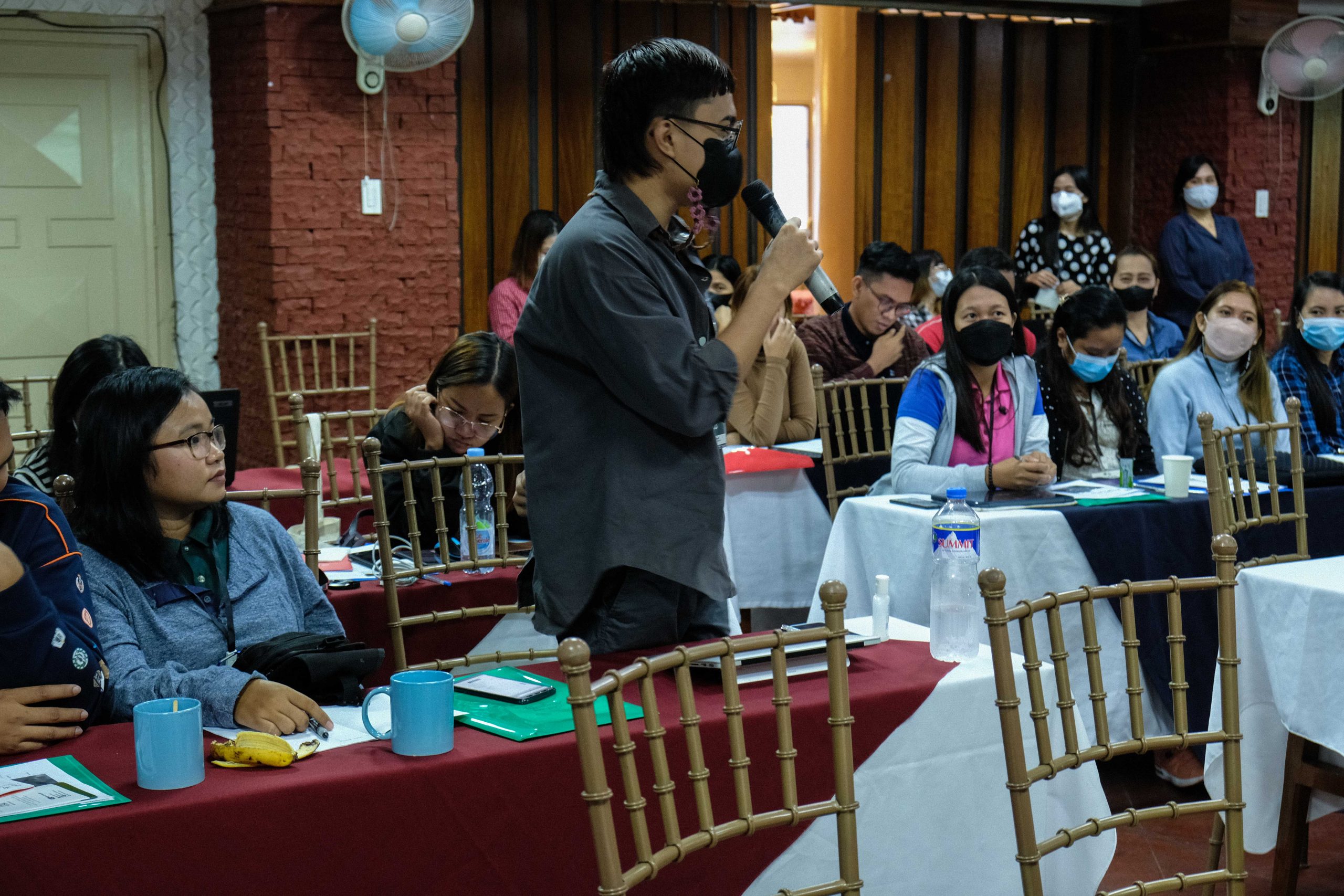


Comments (0)